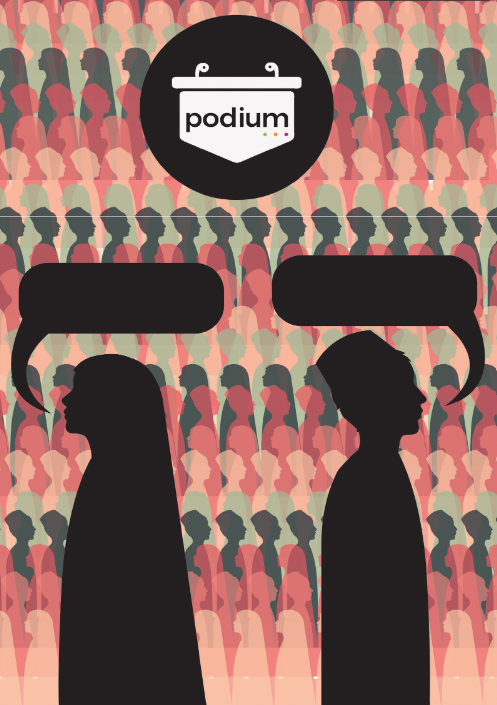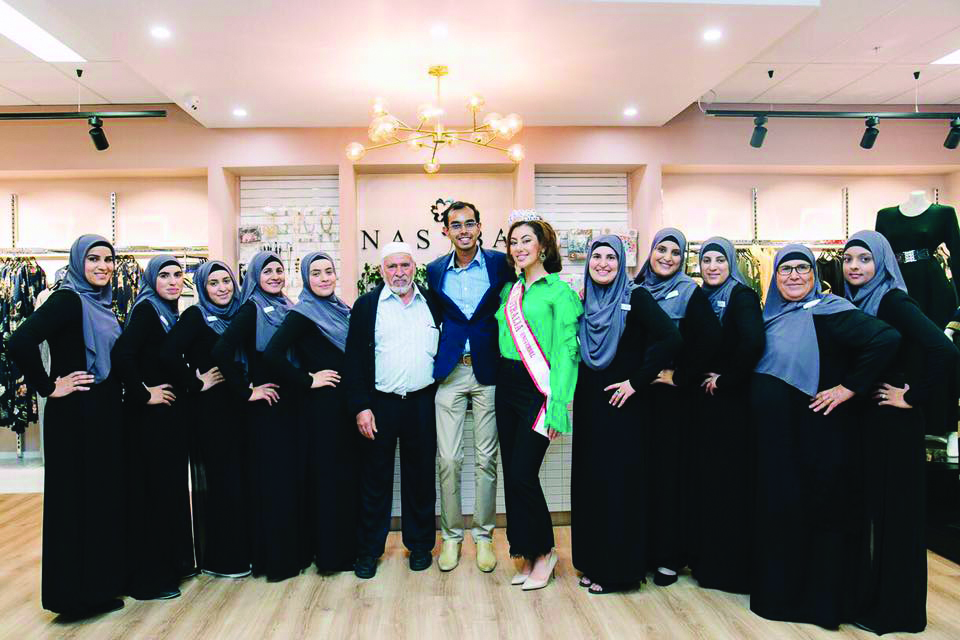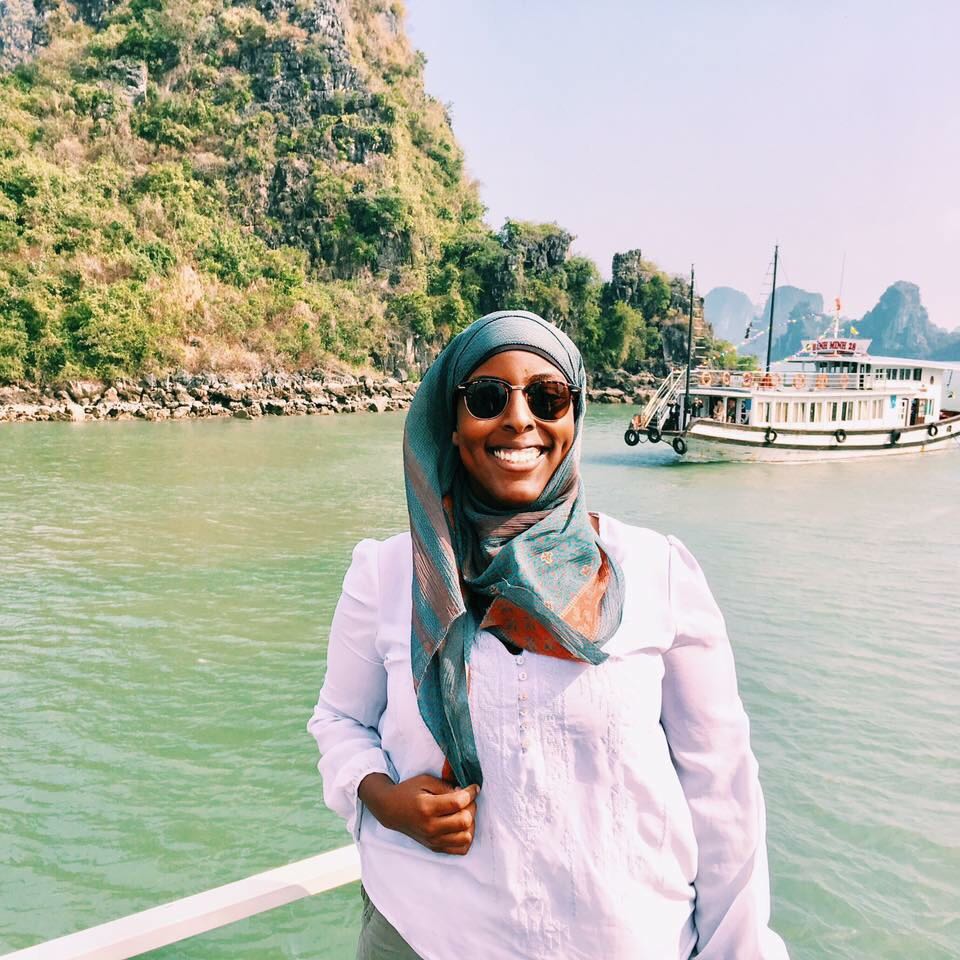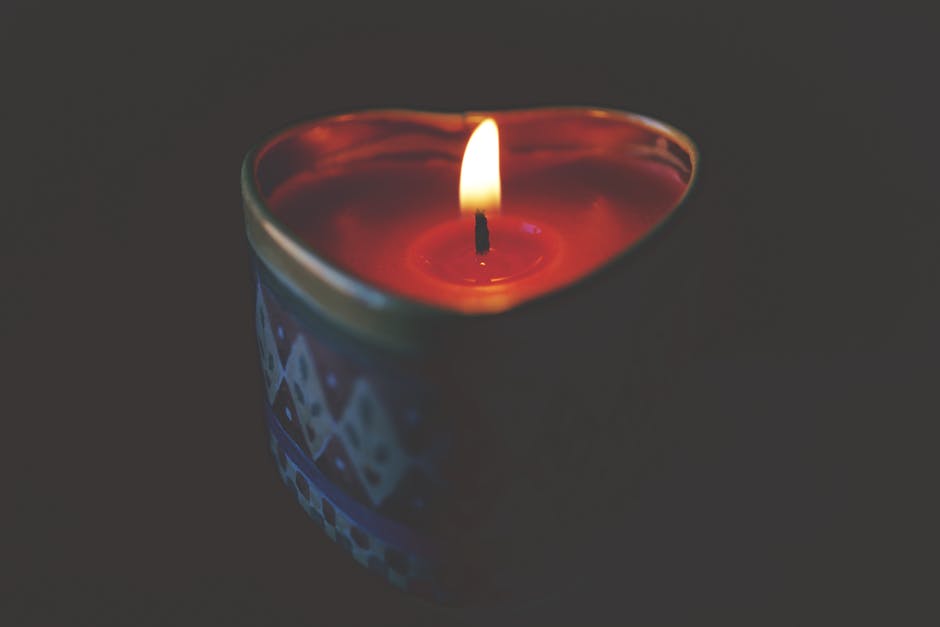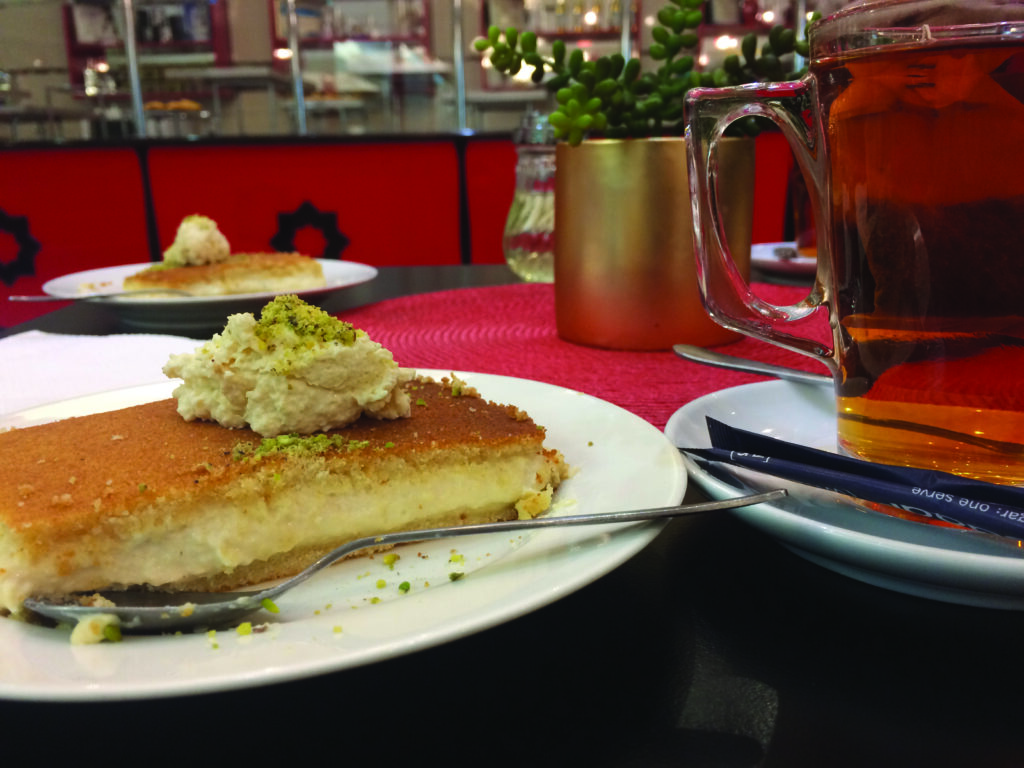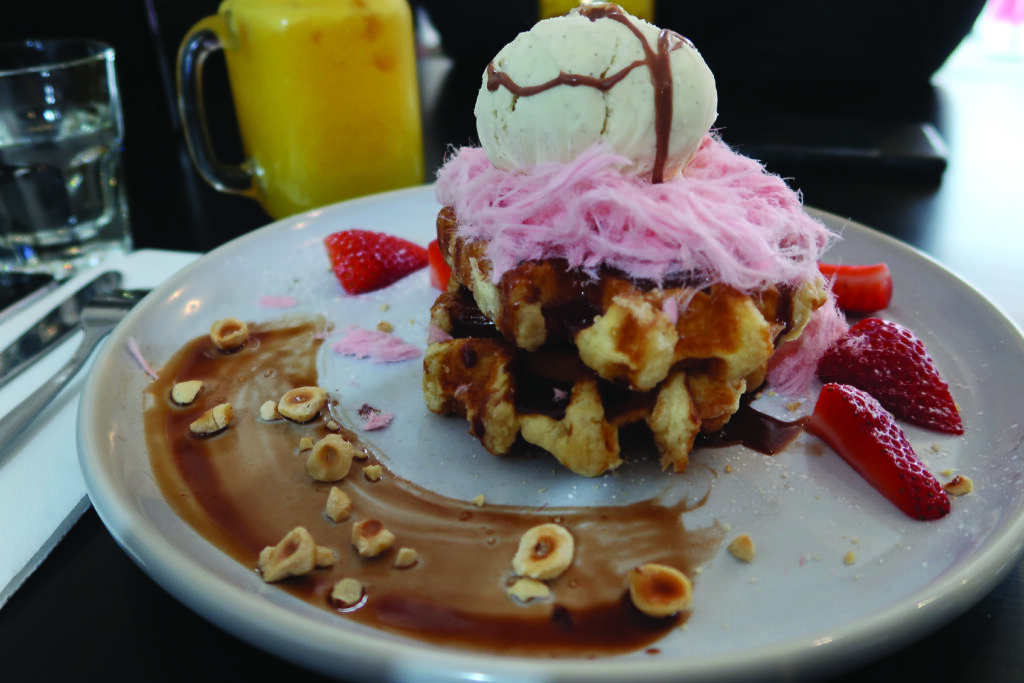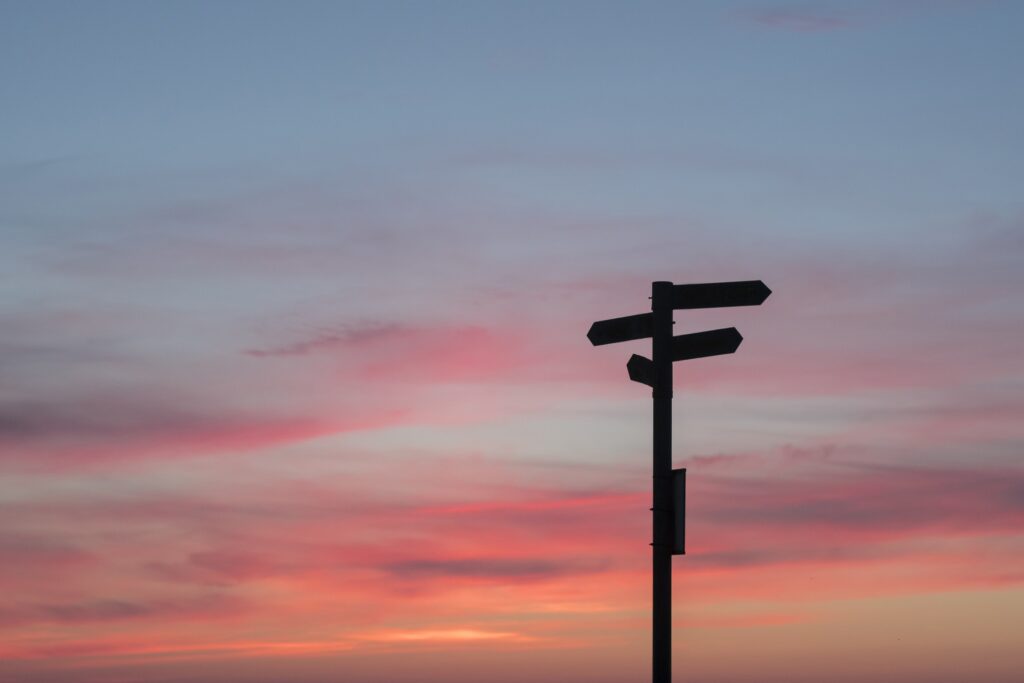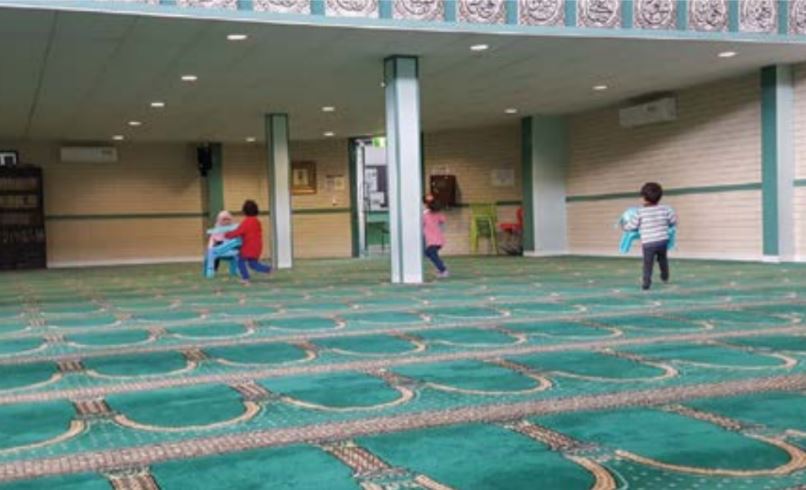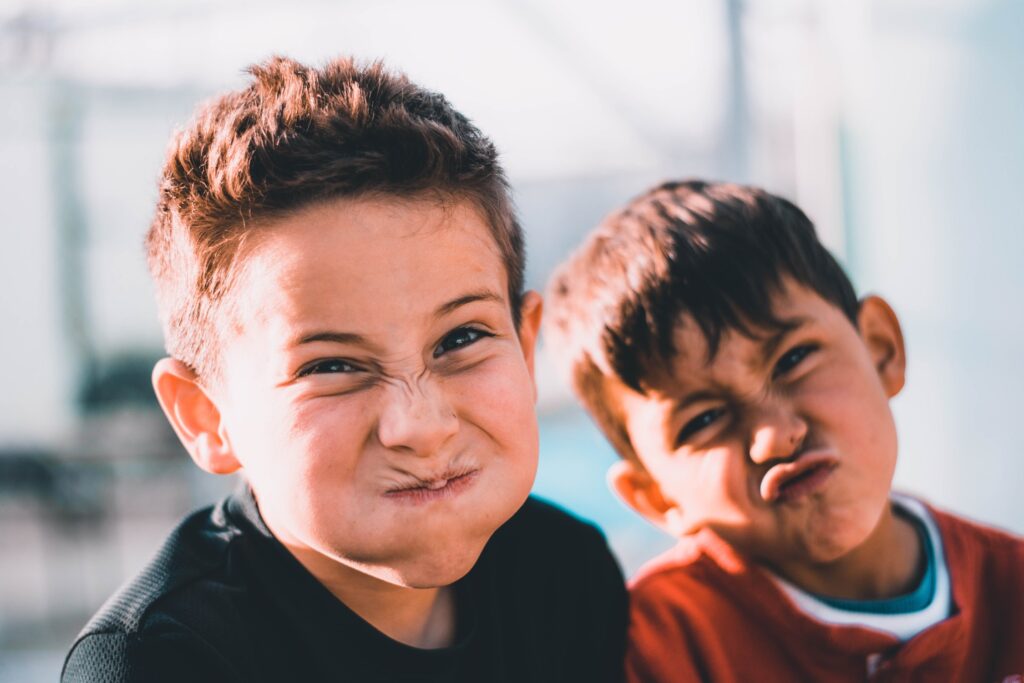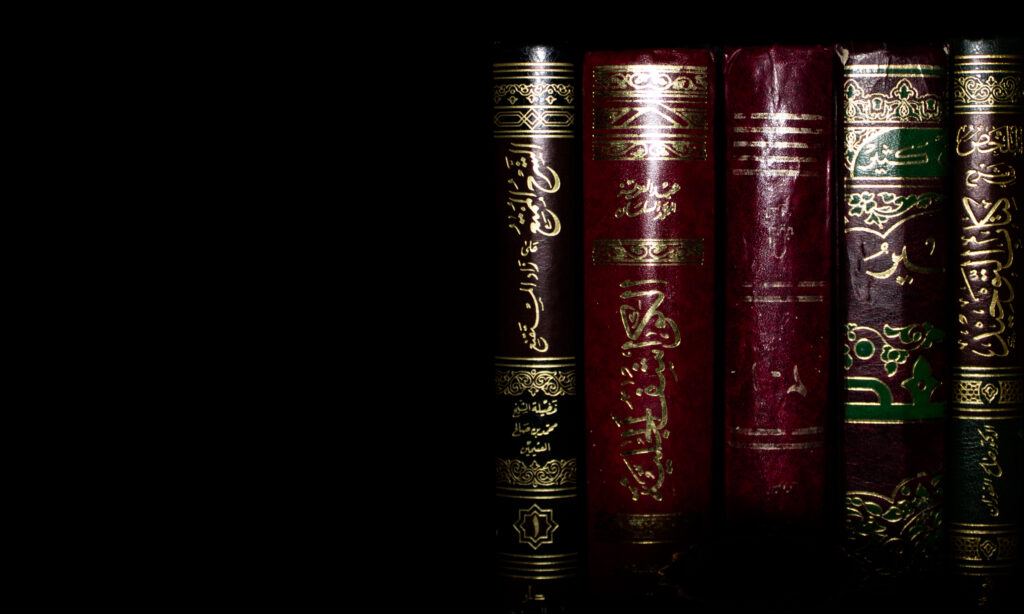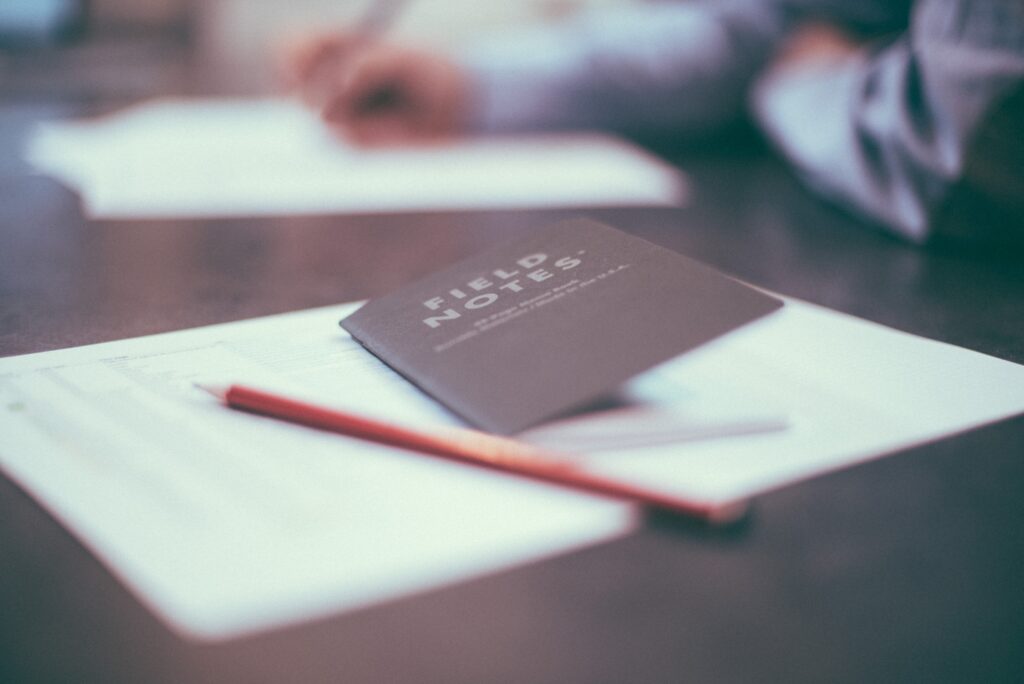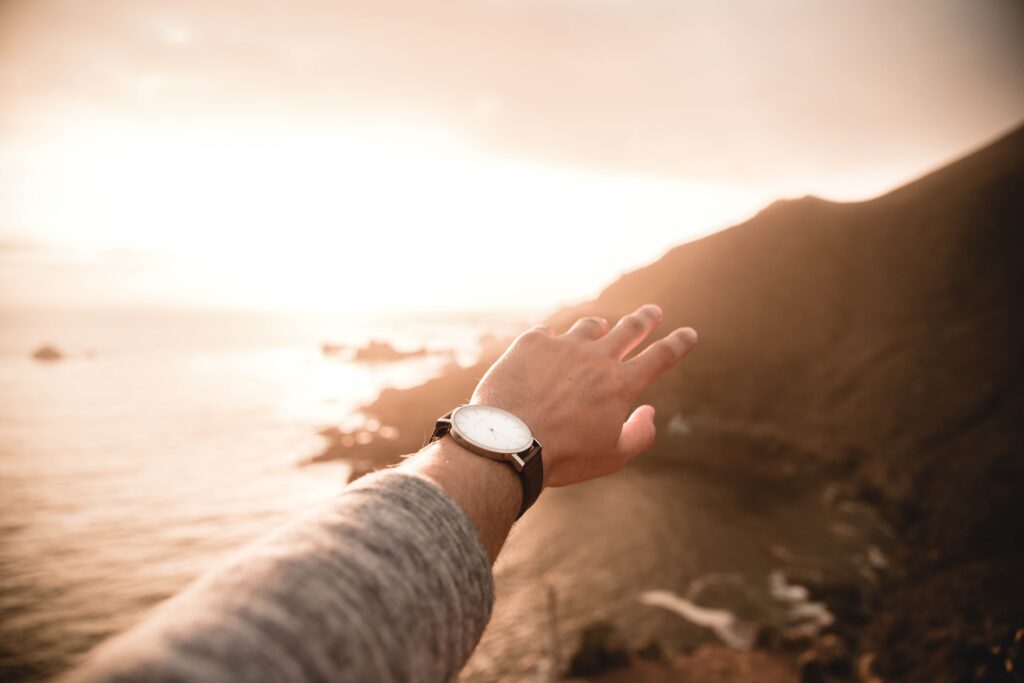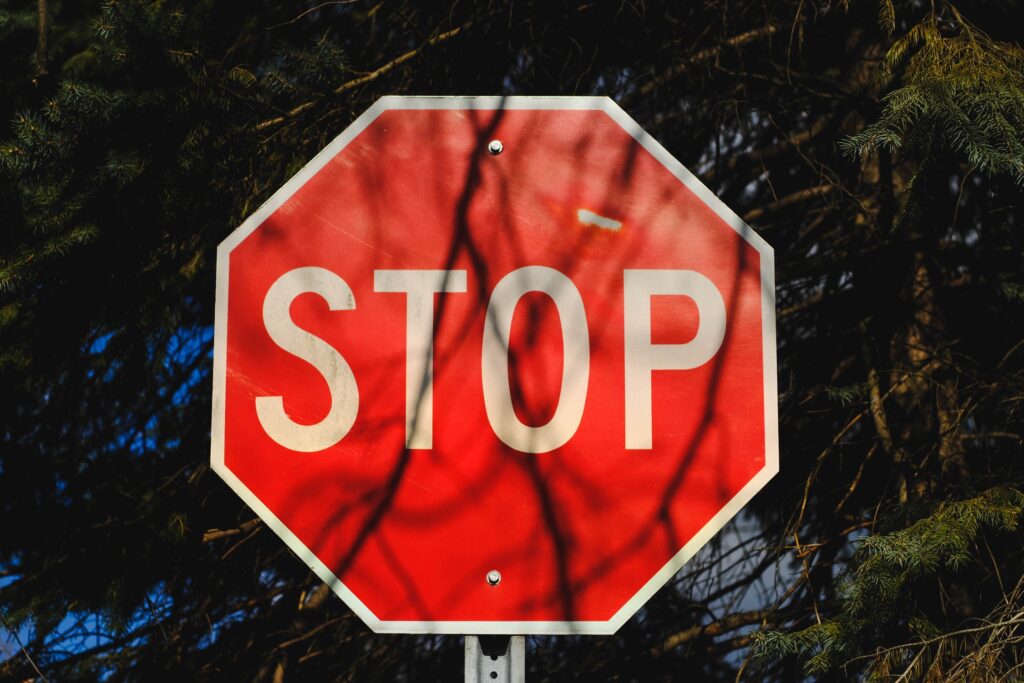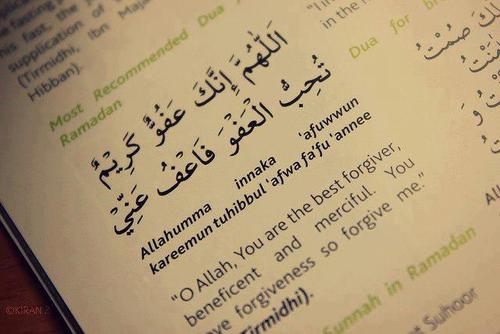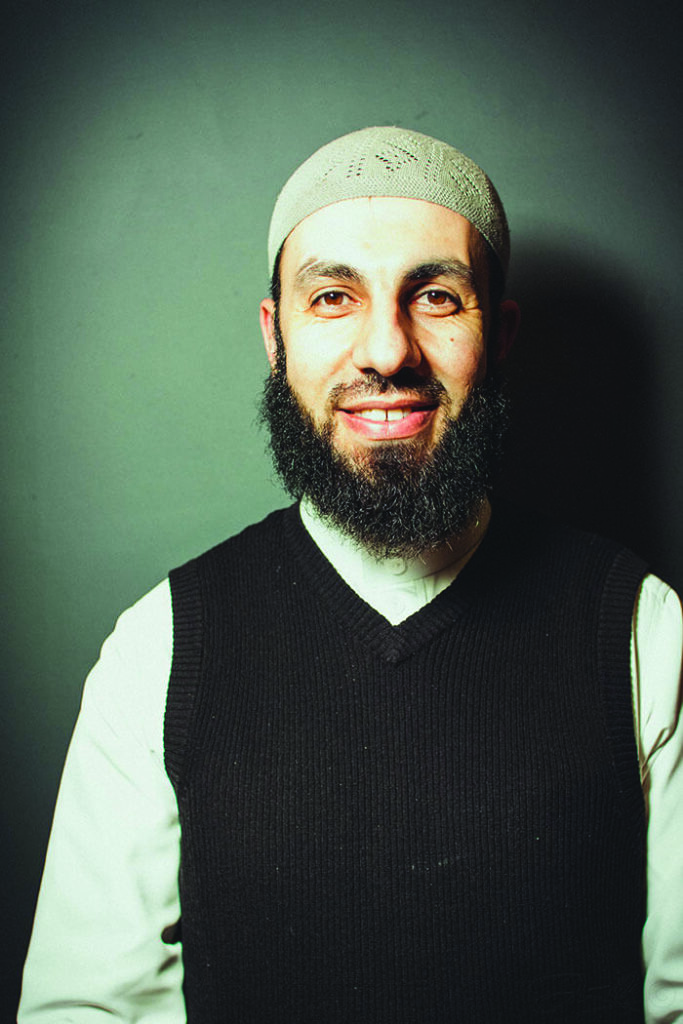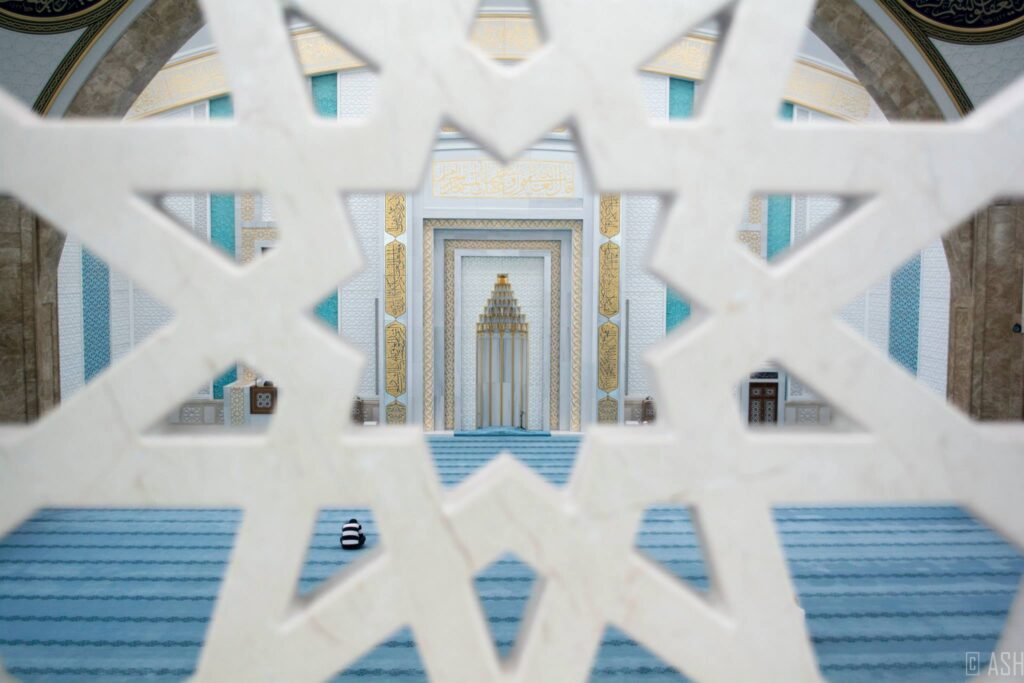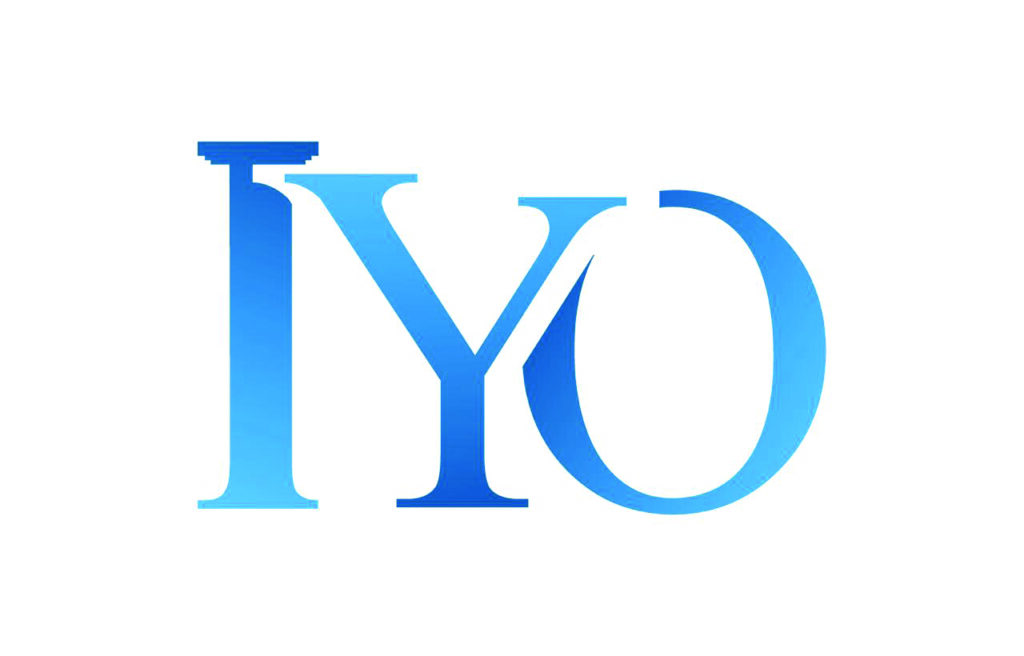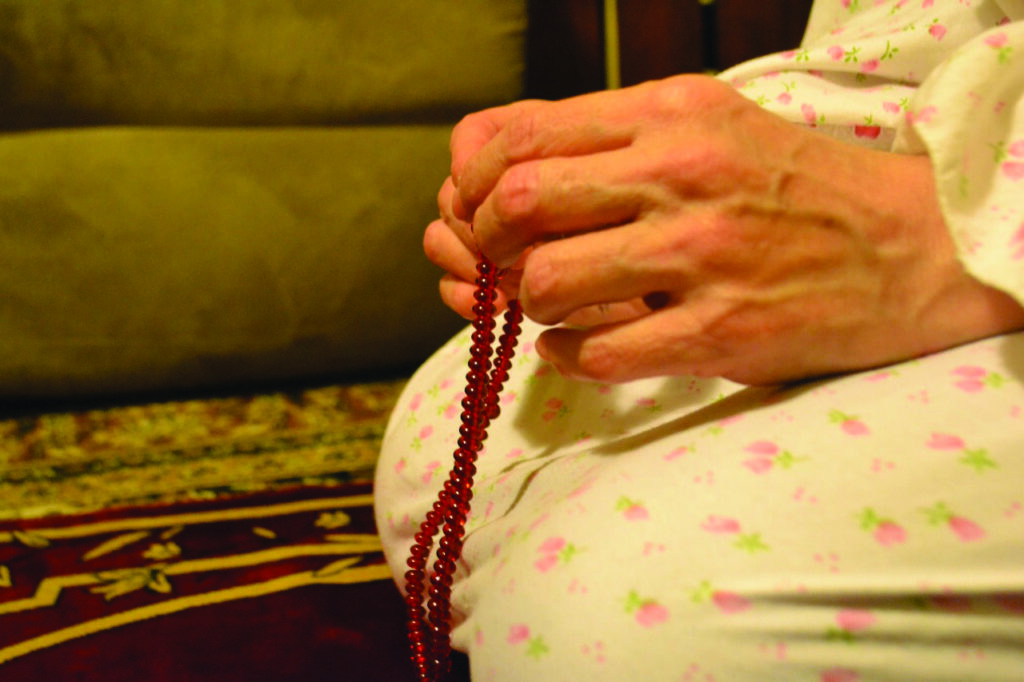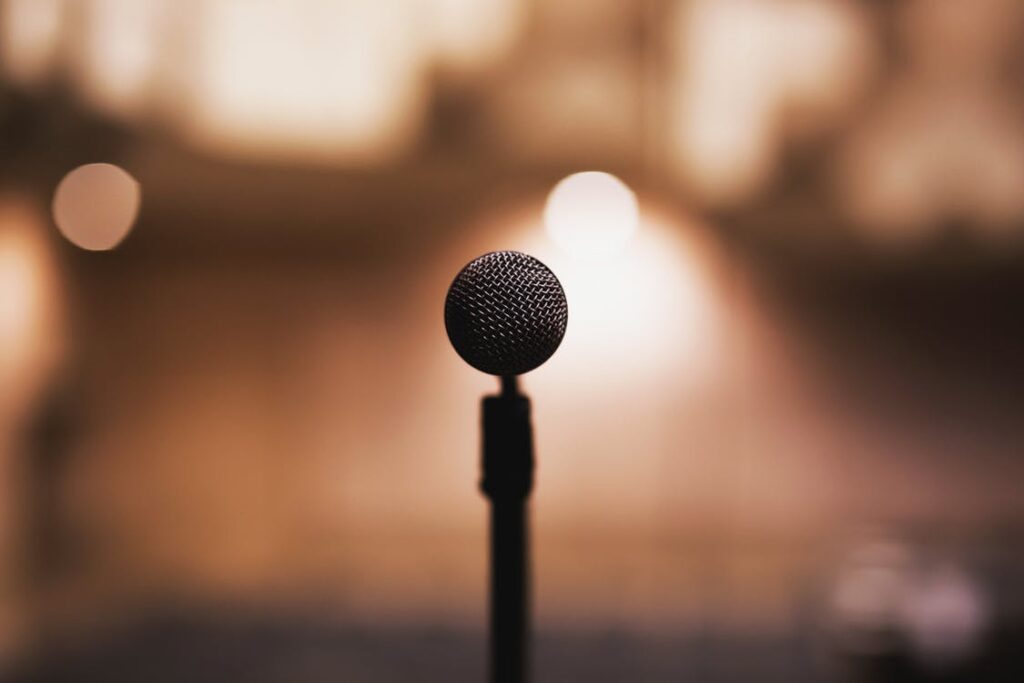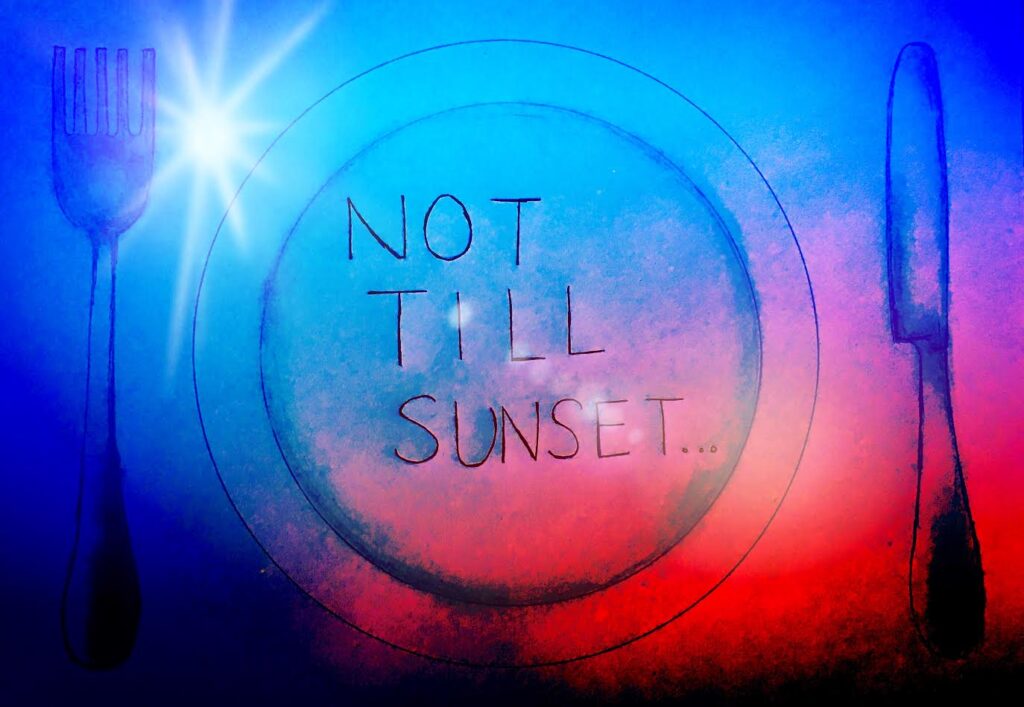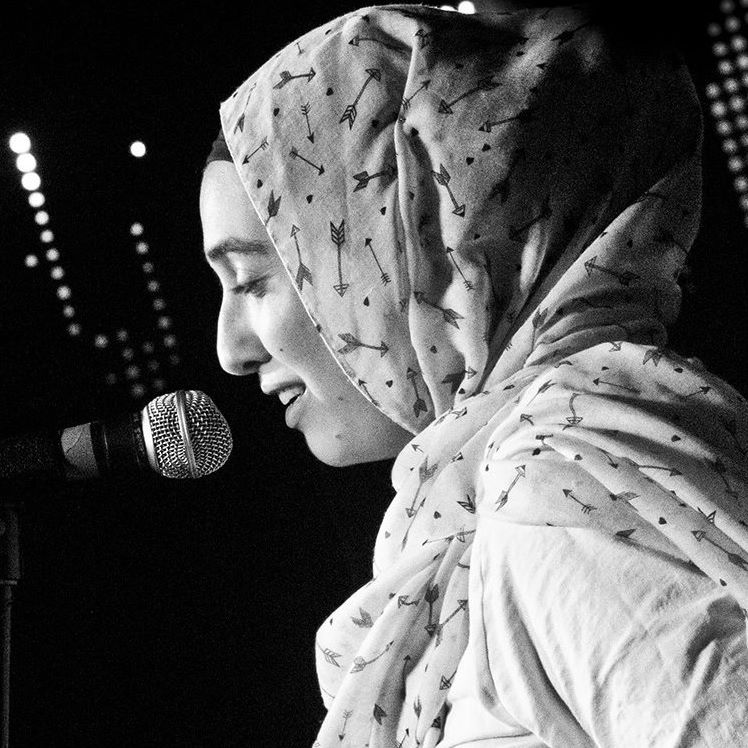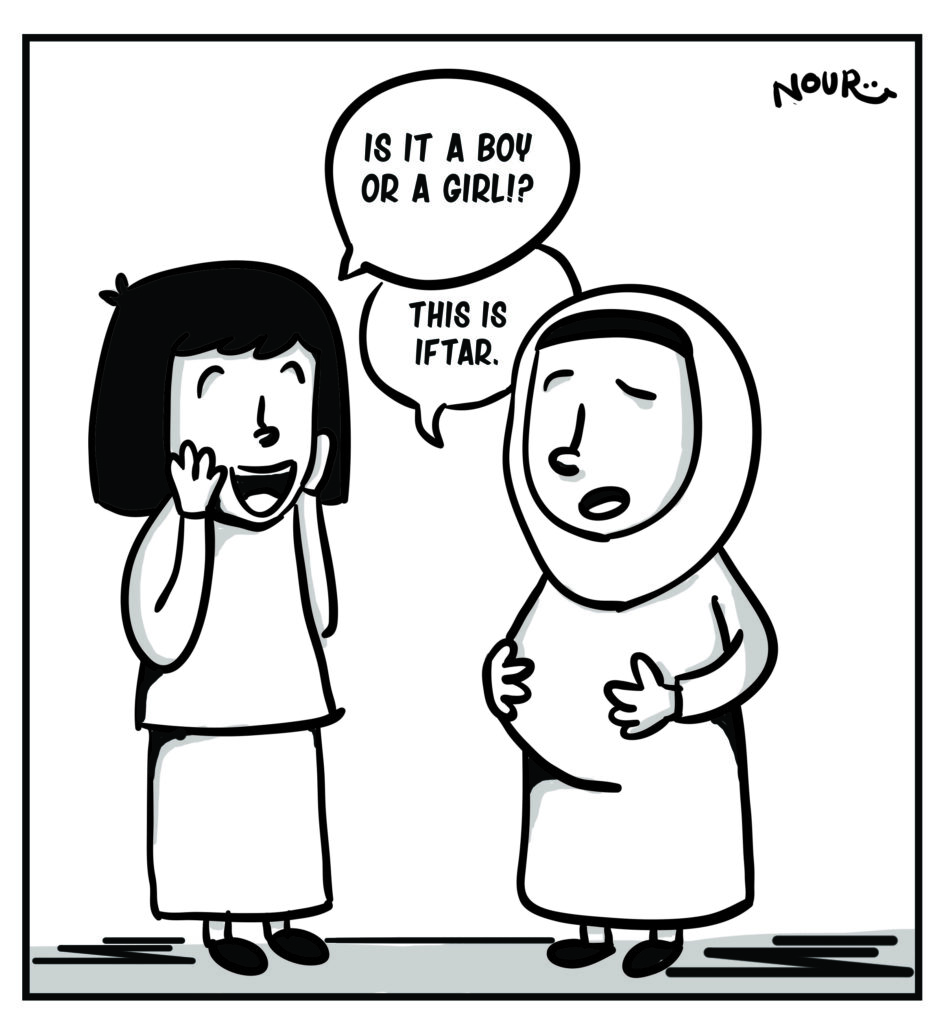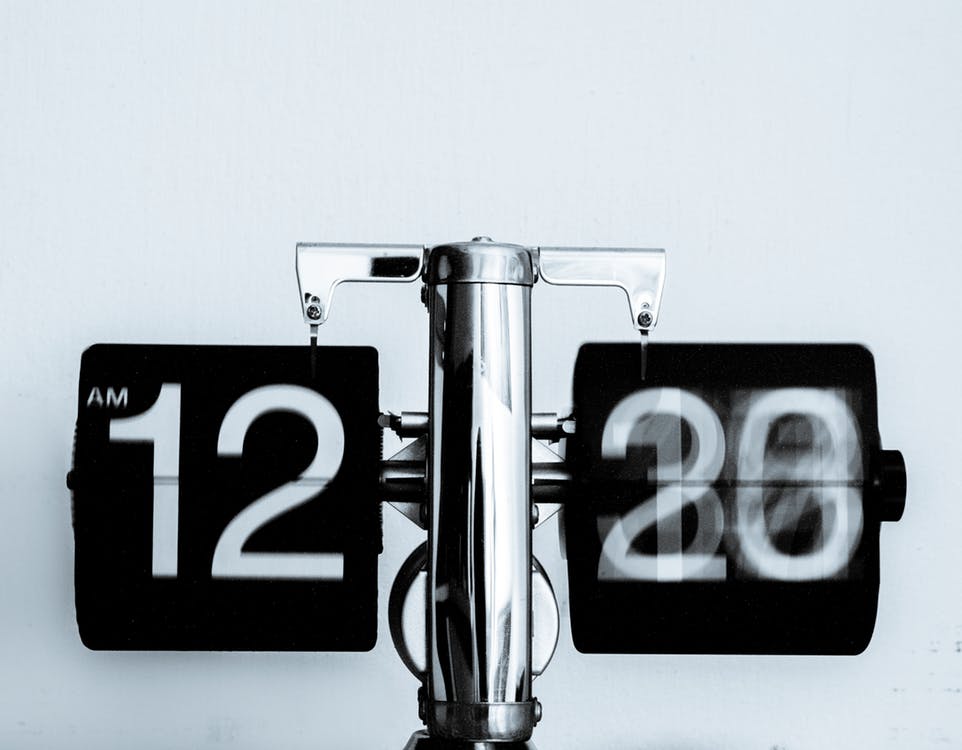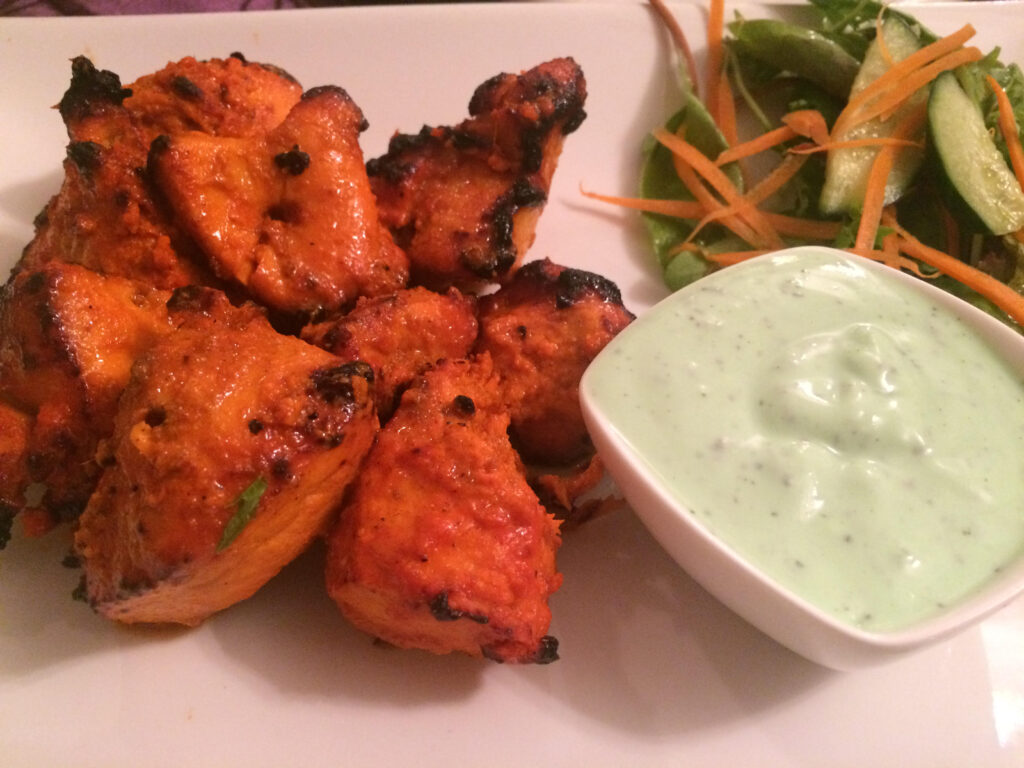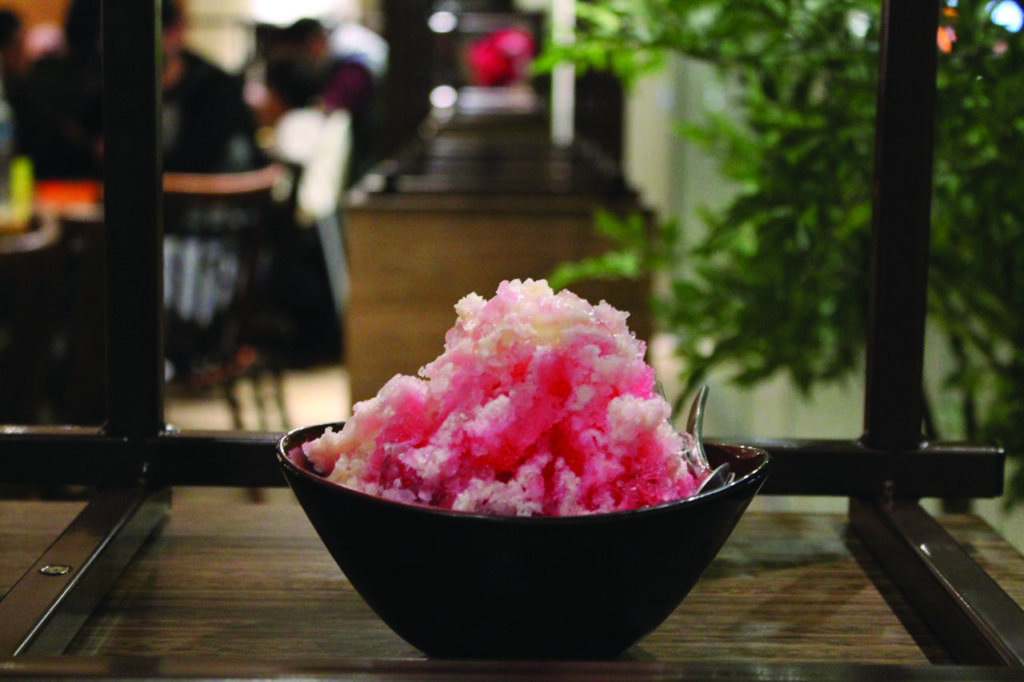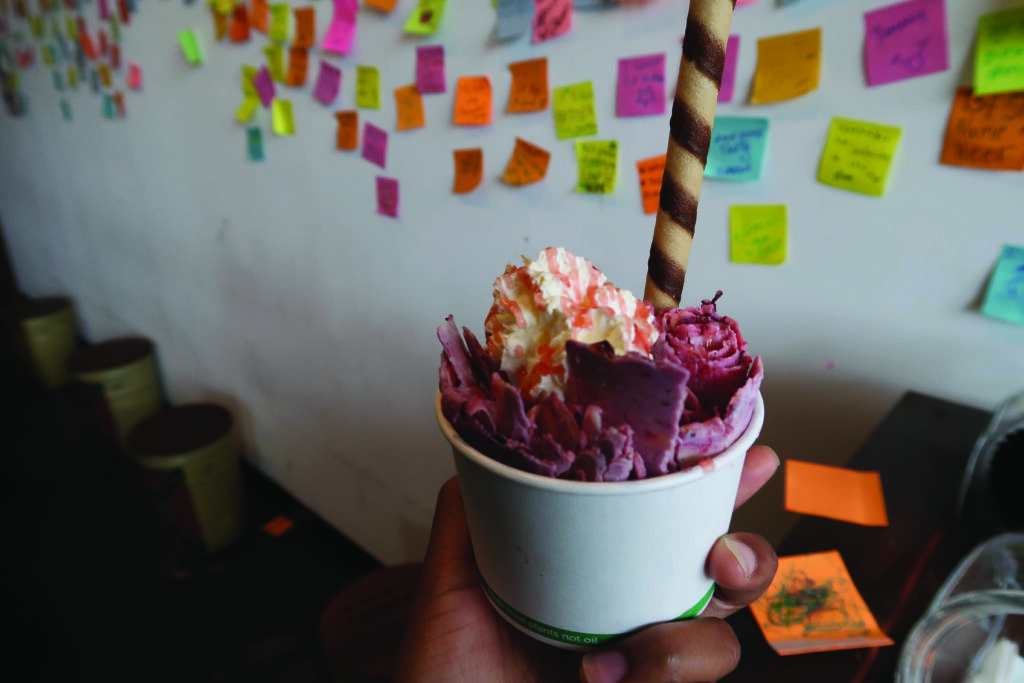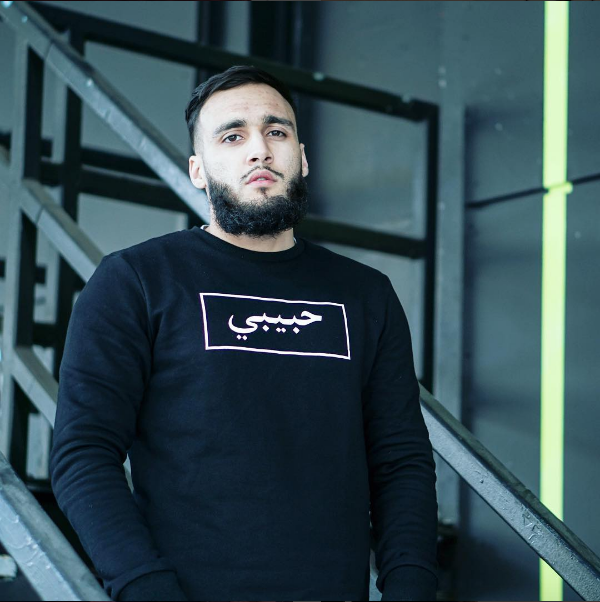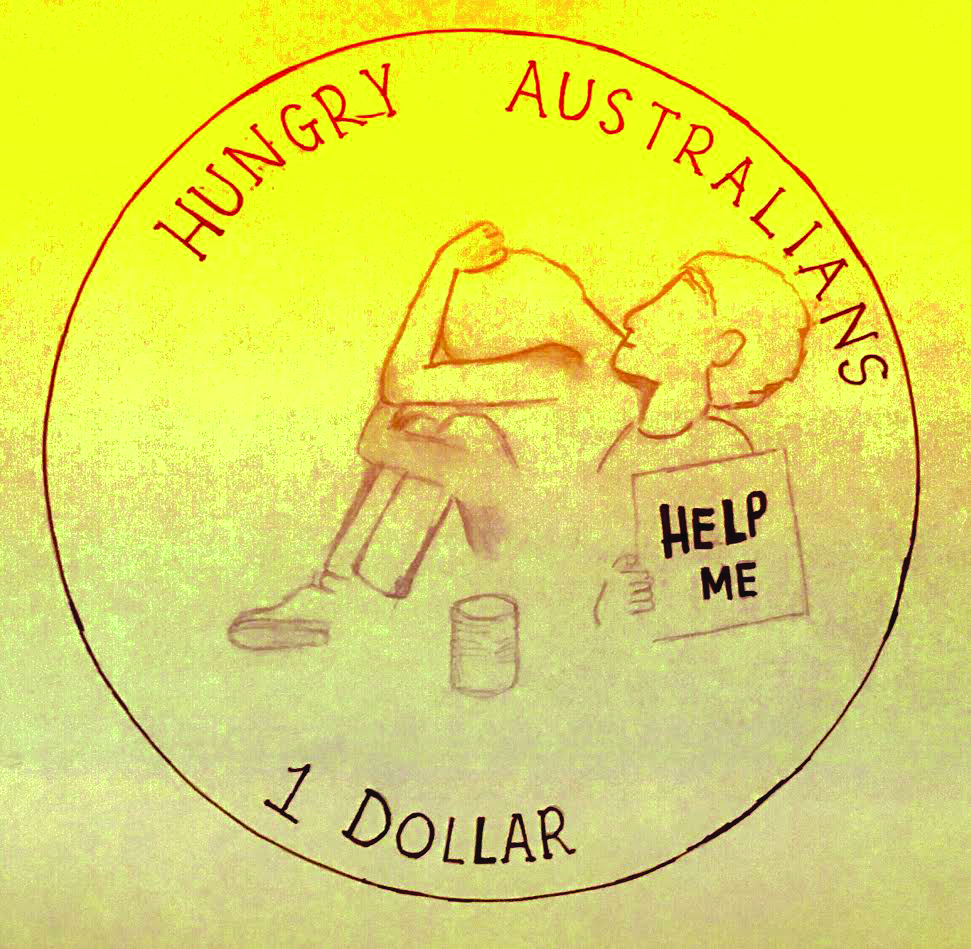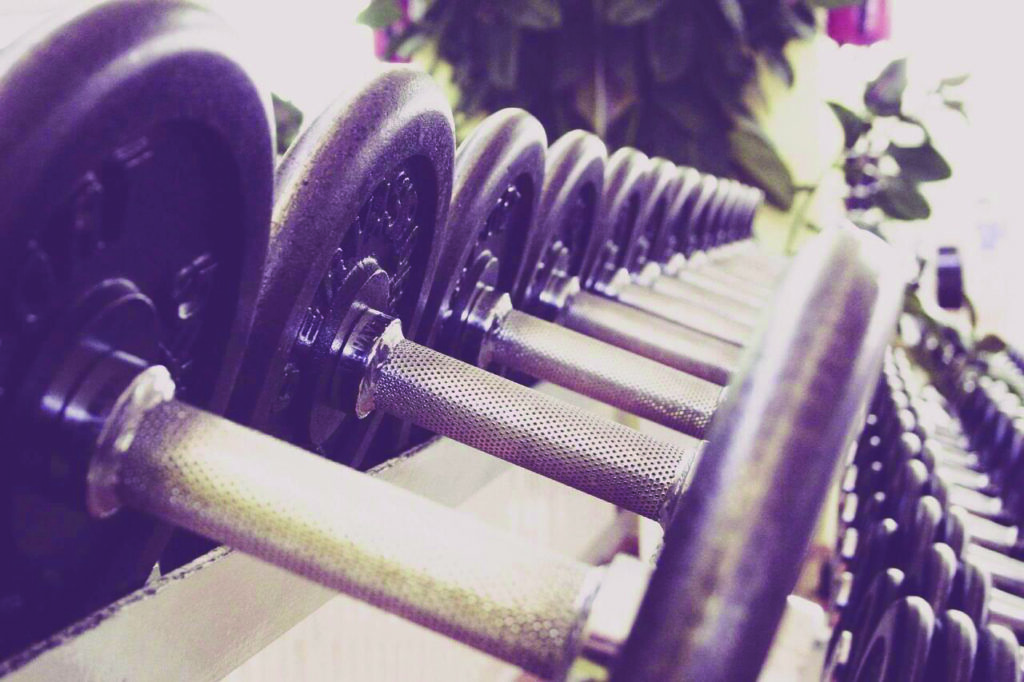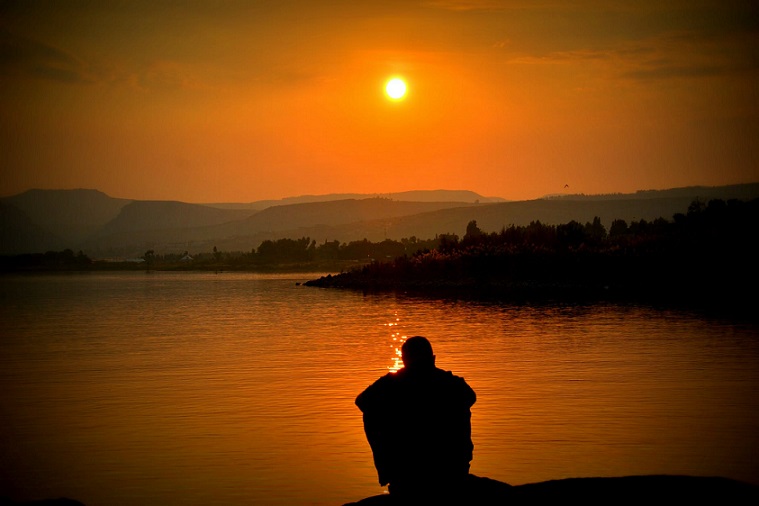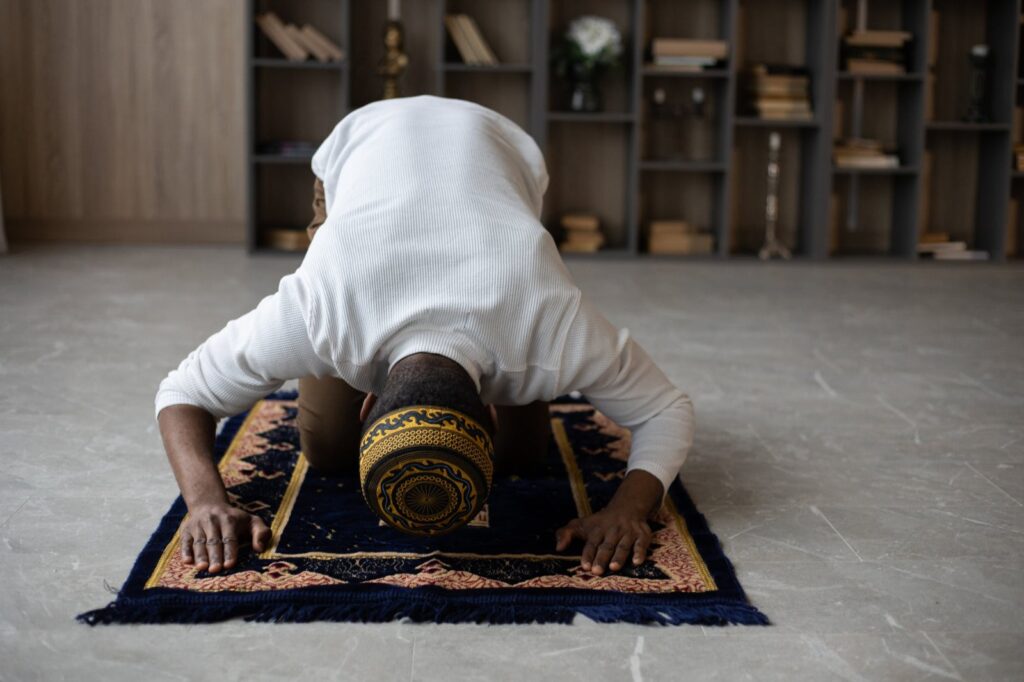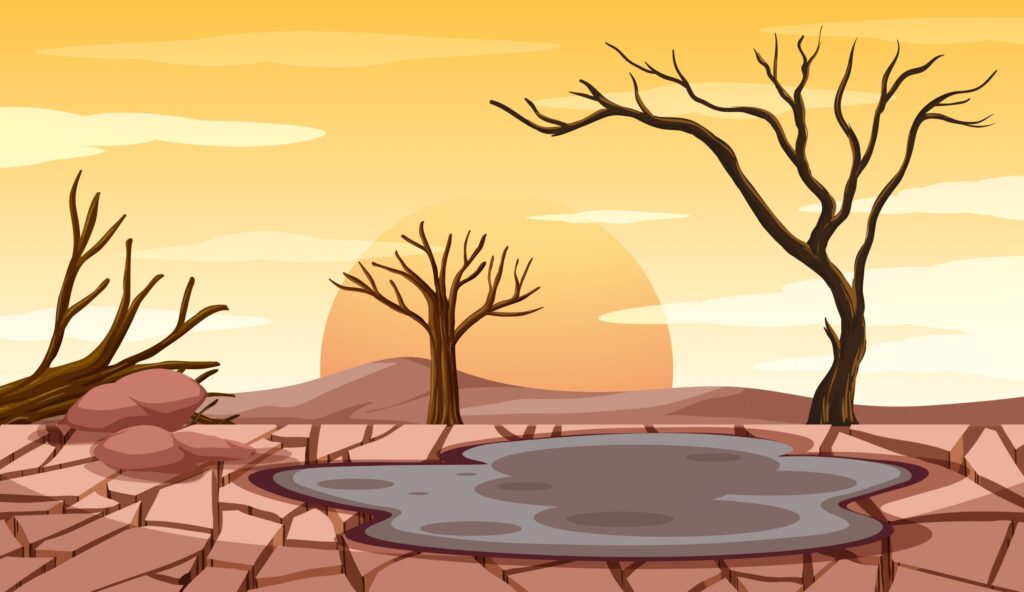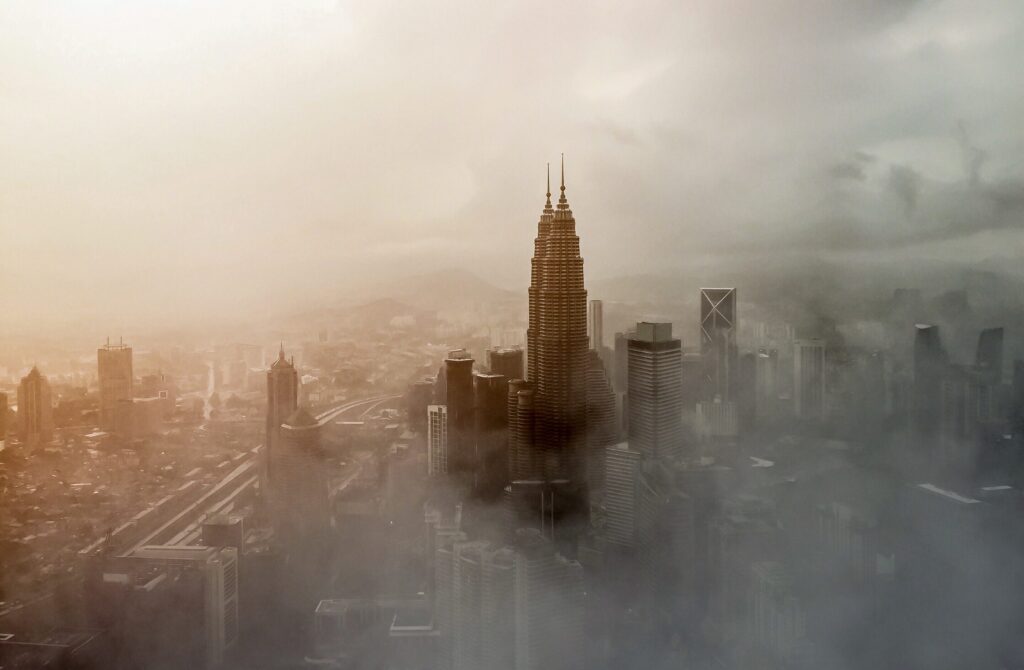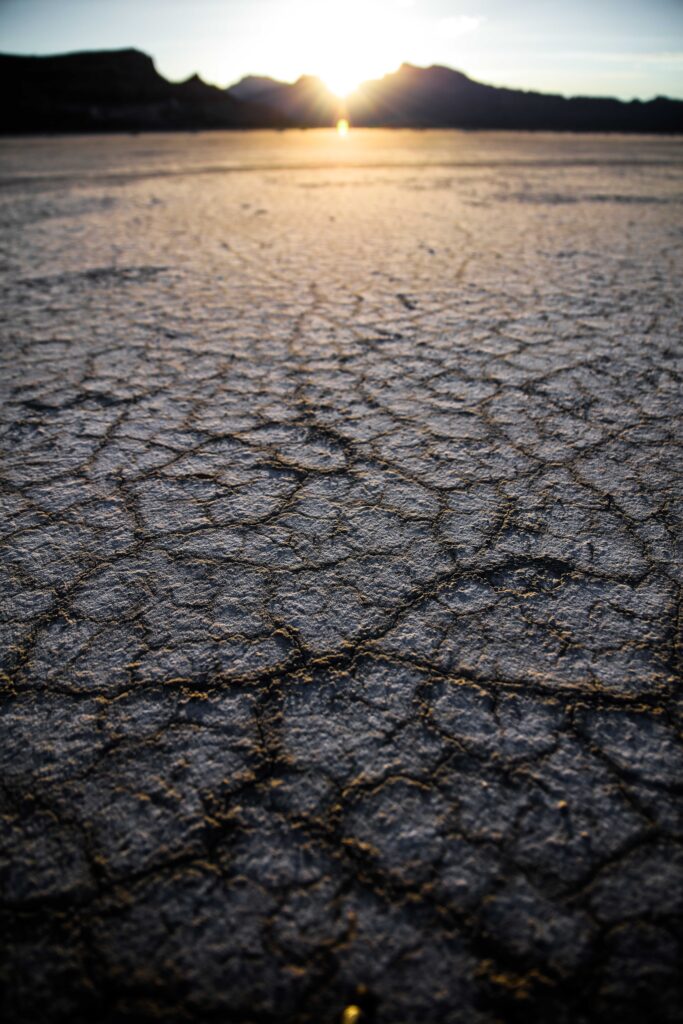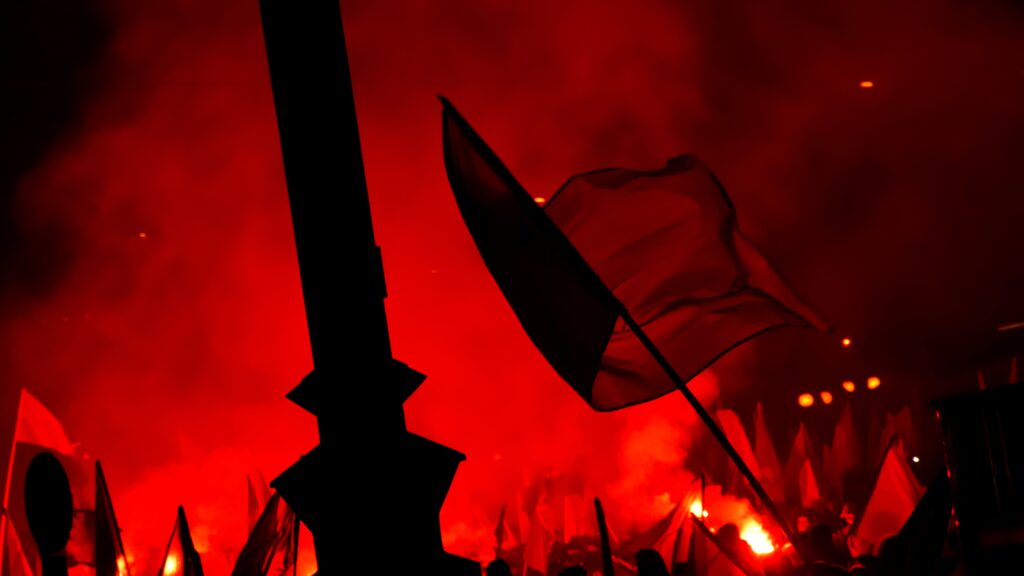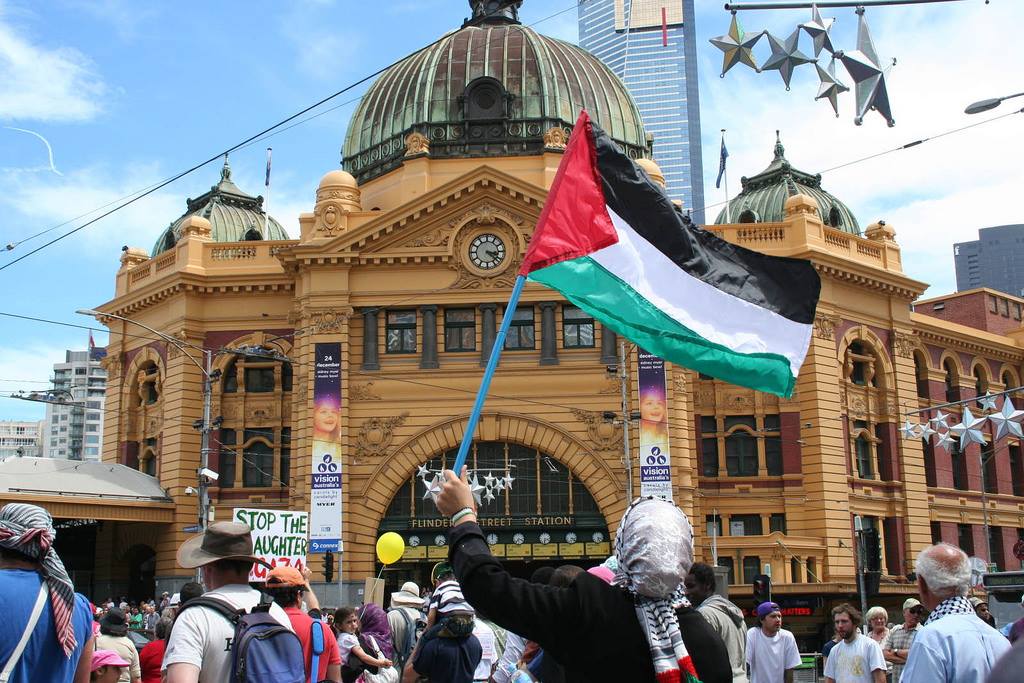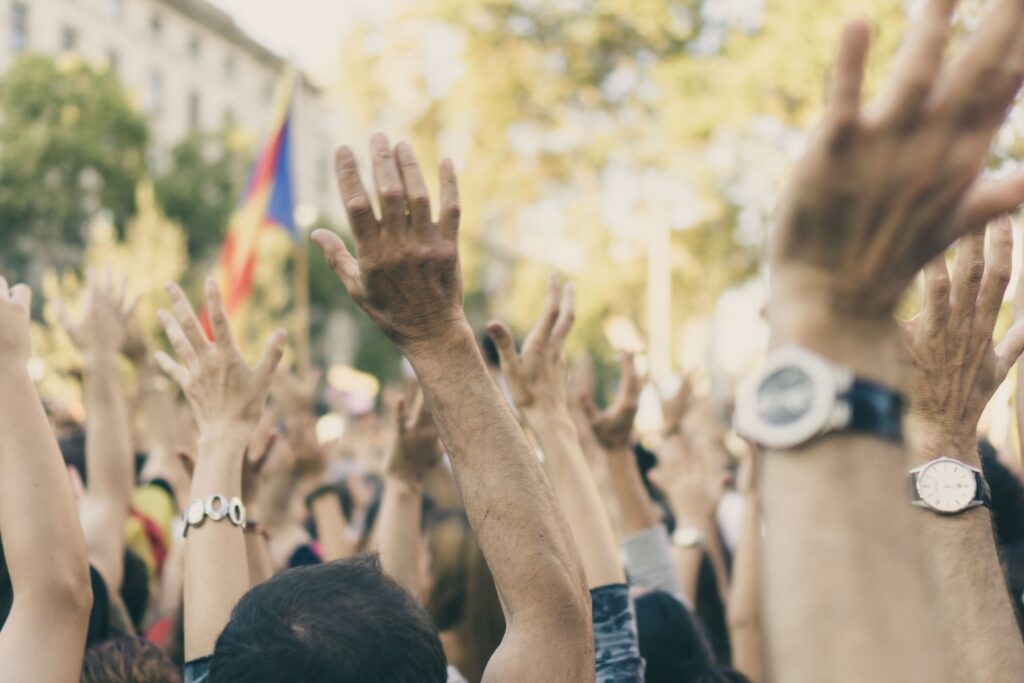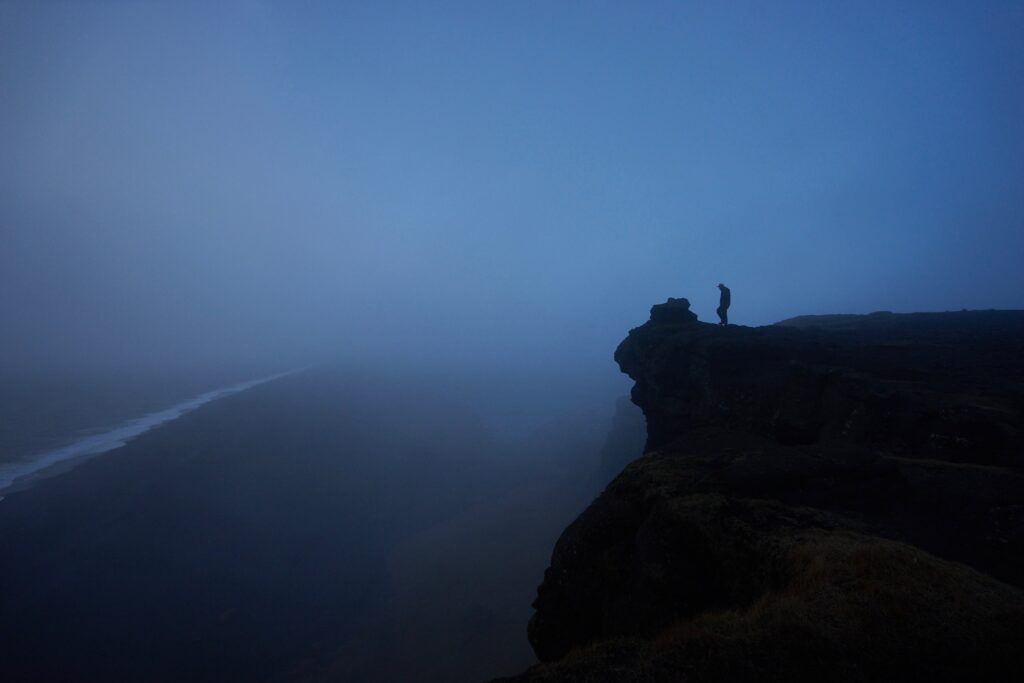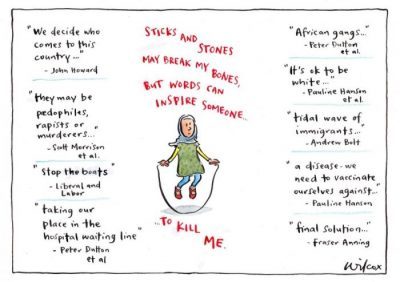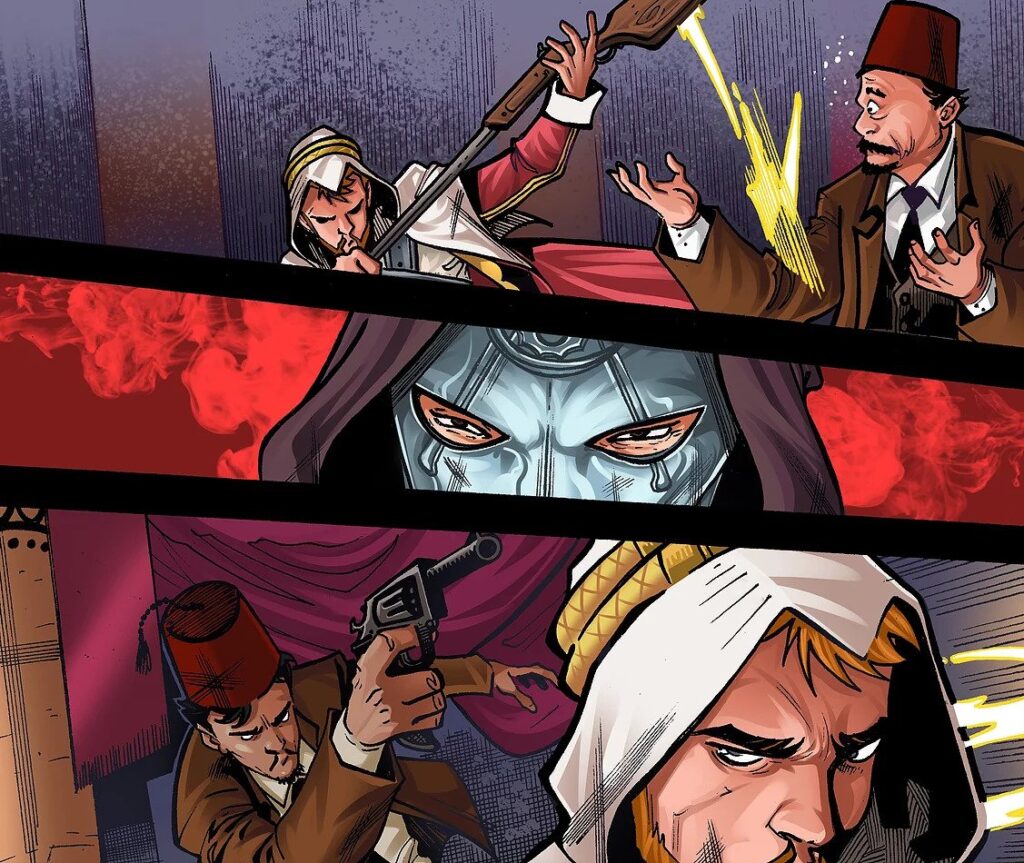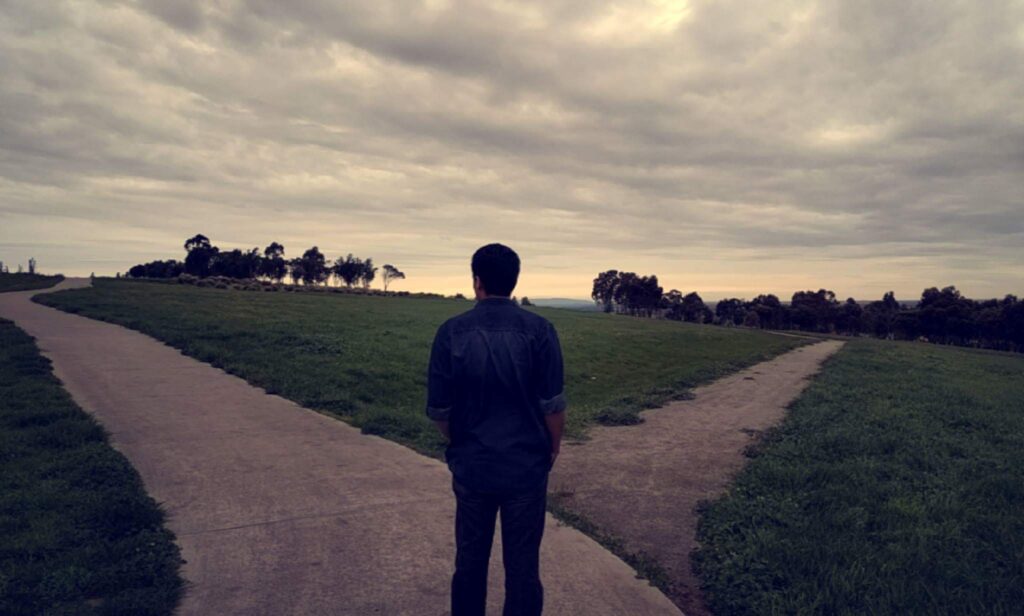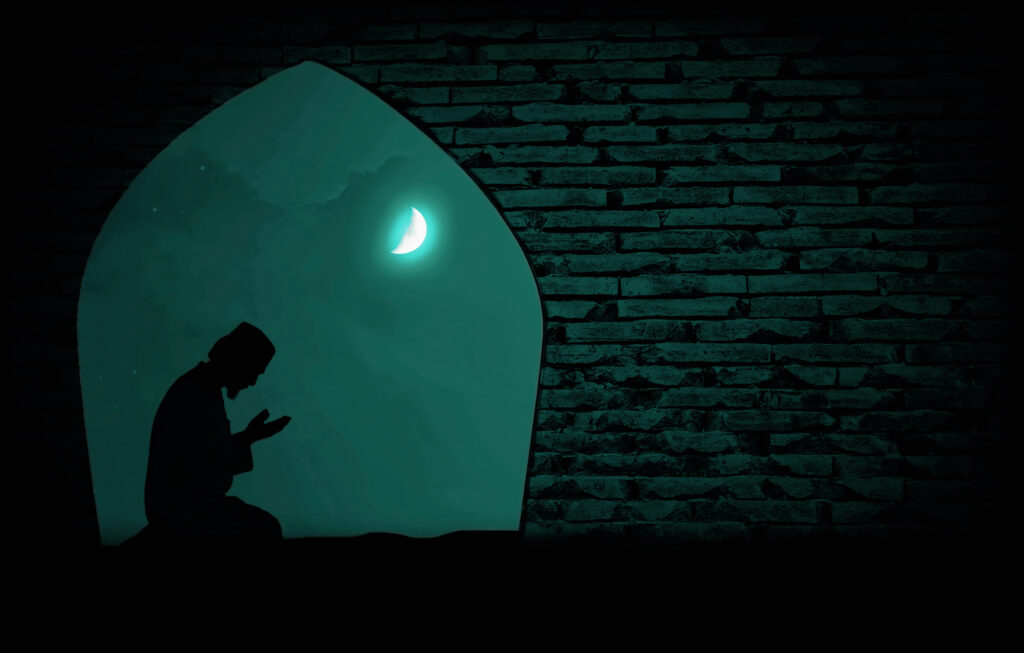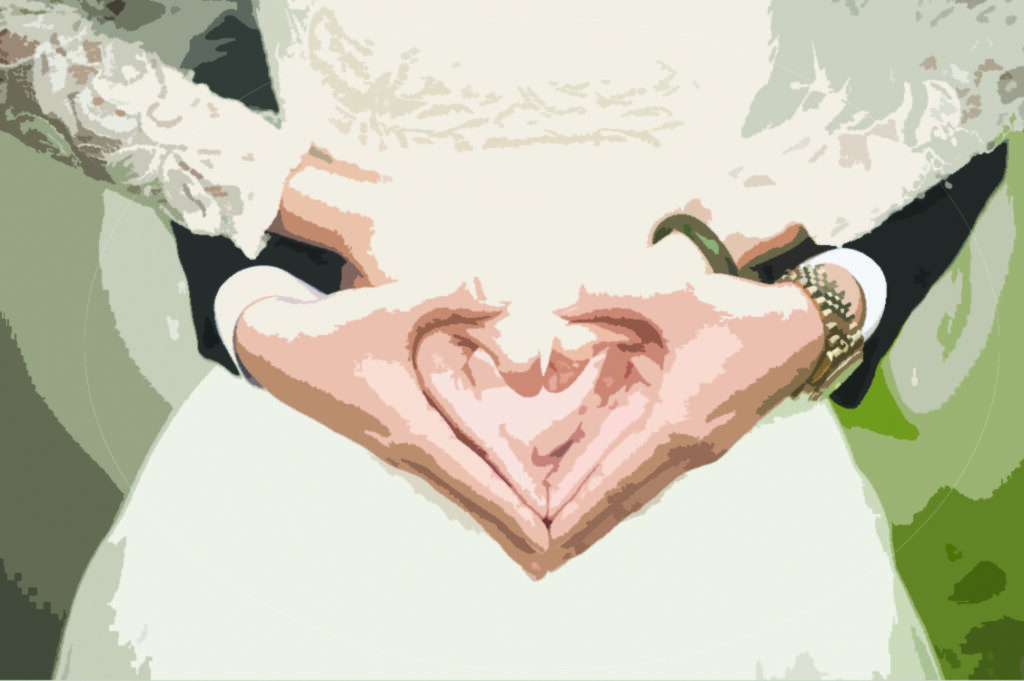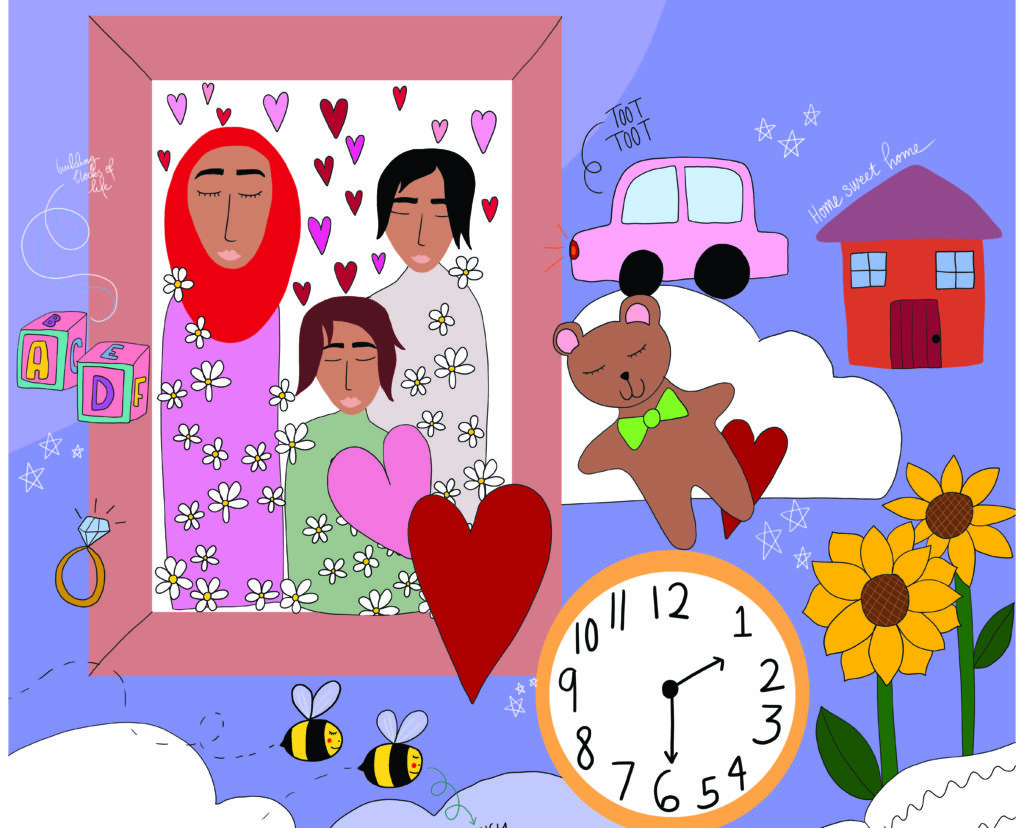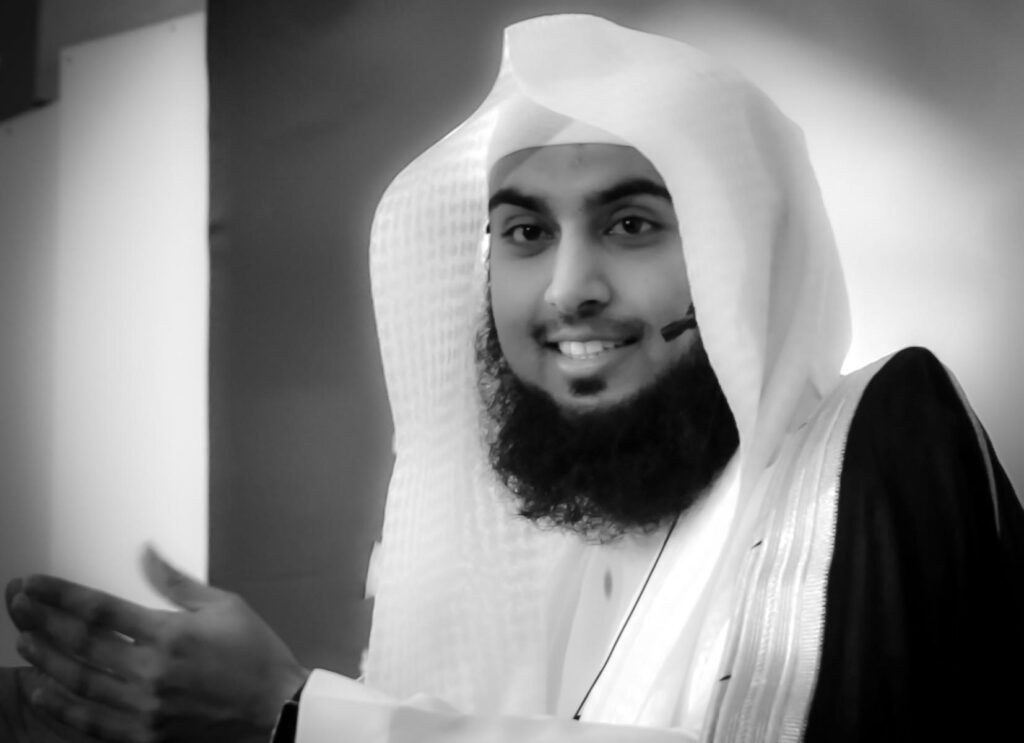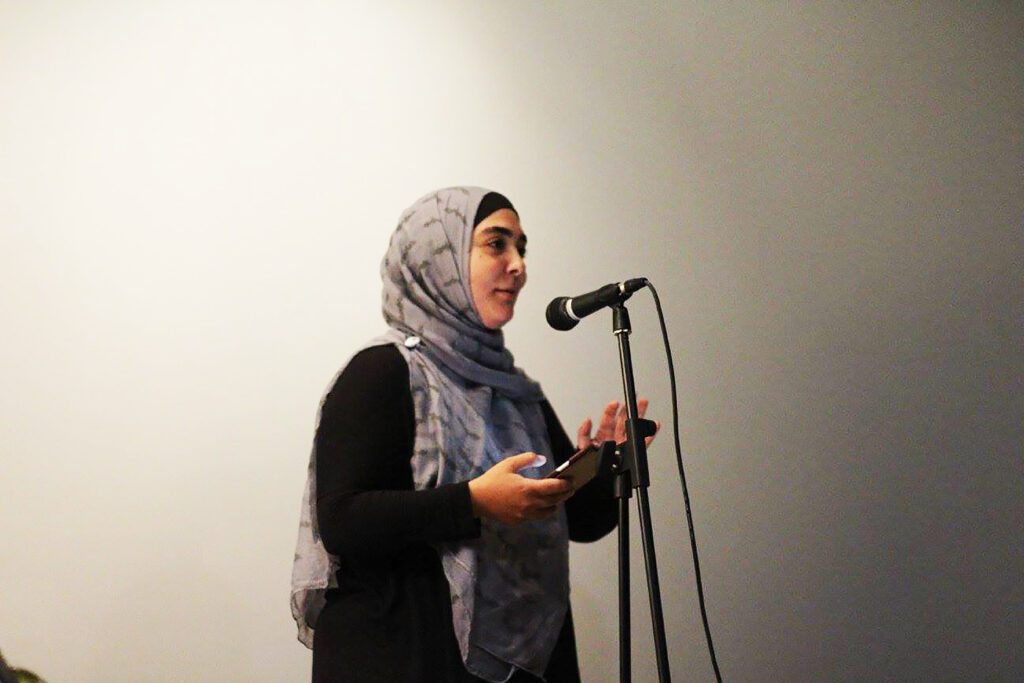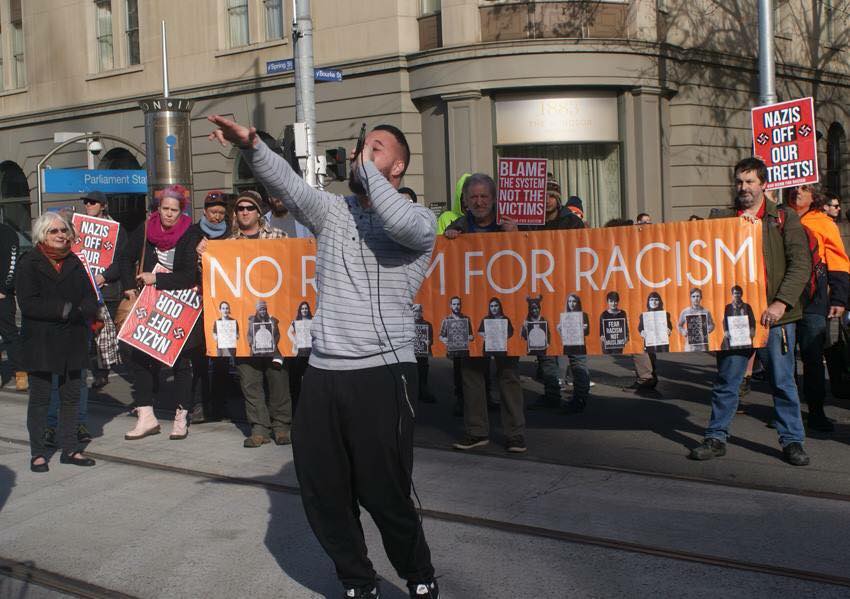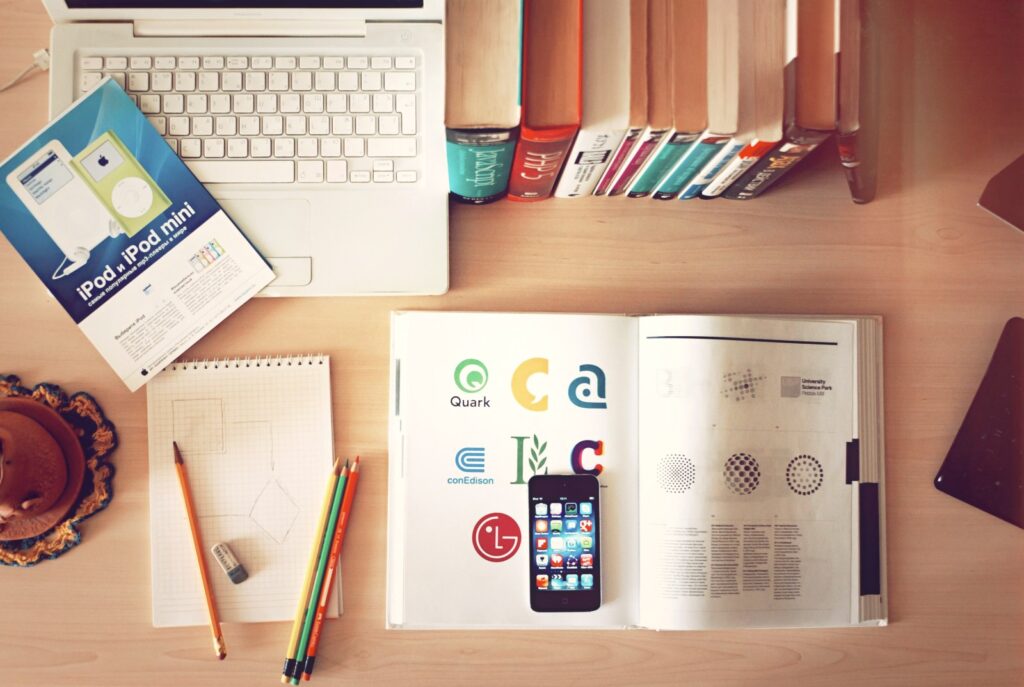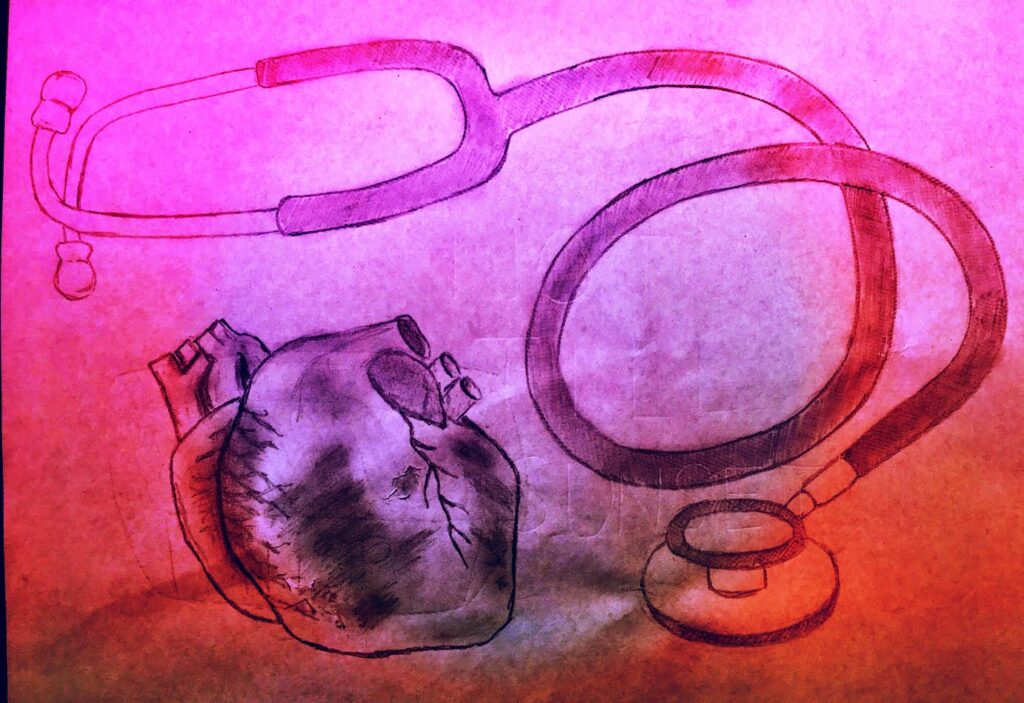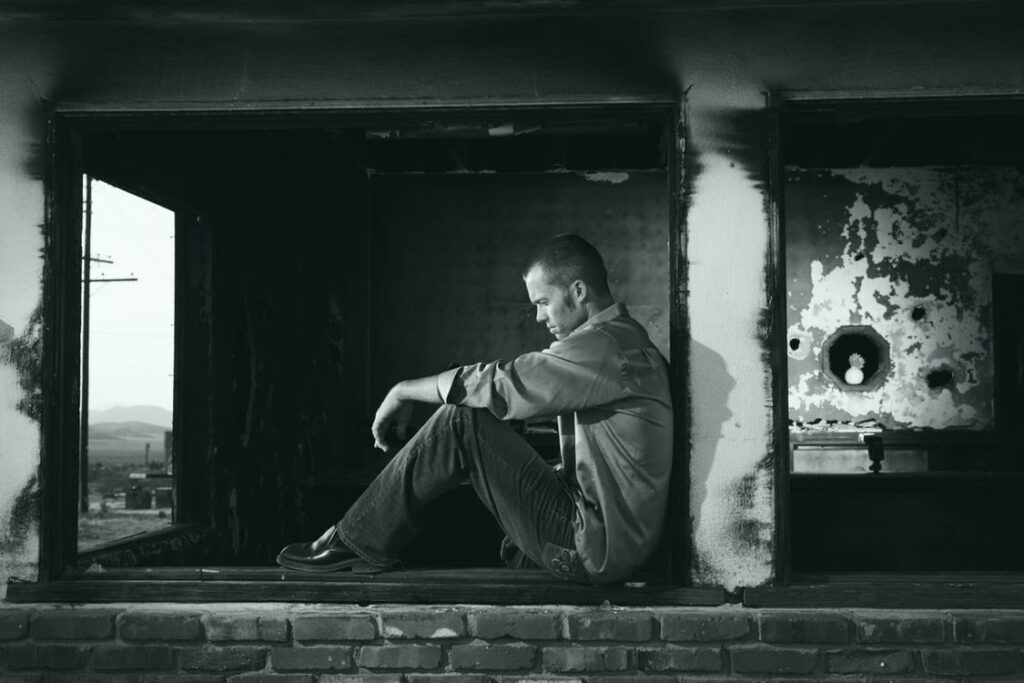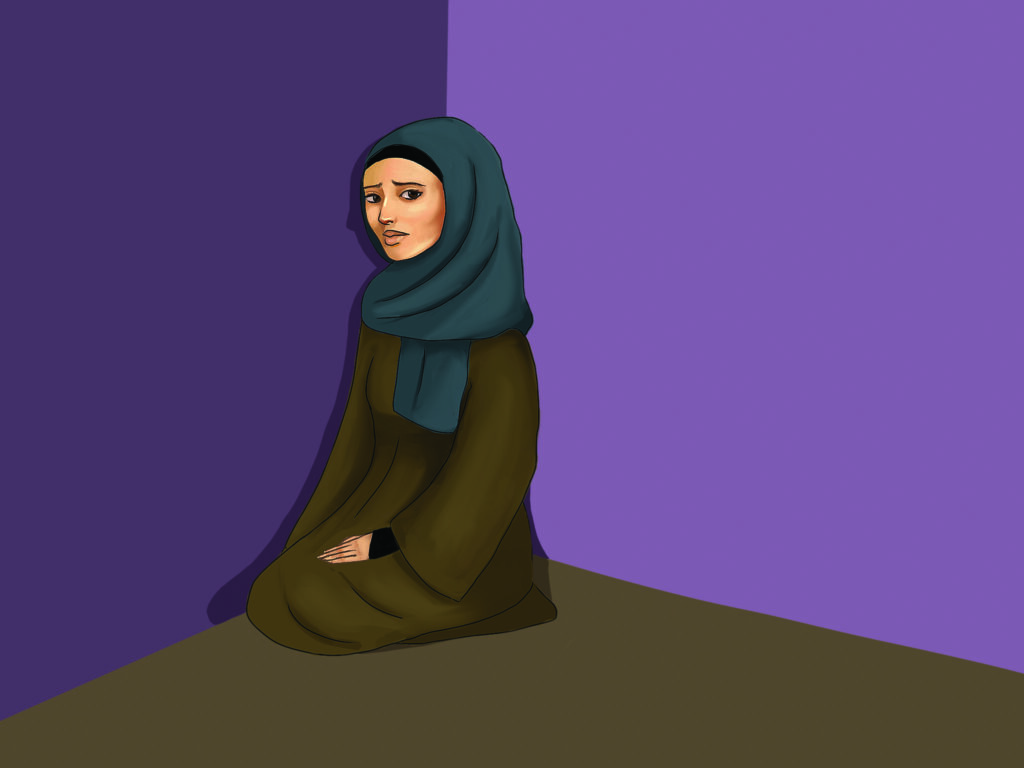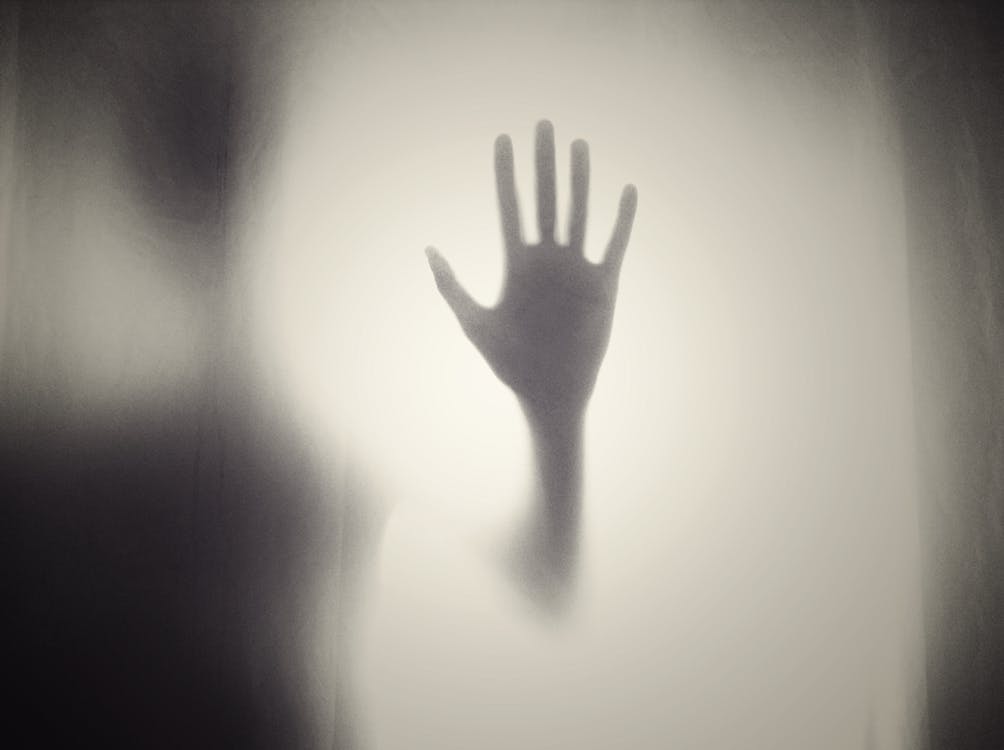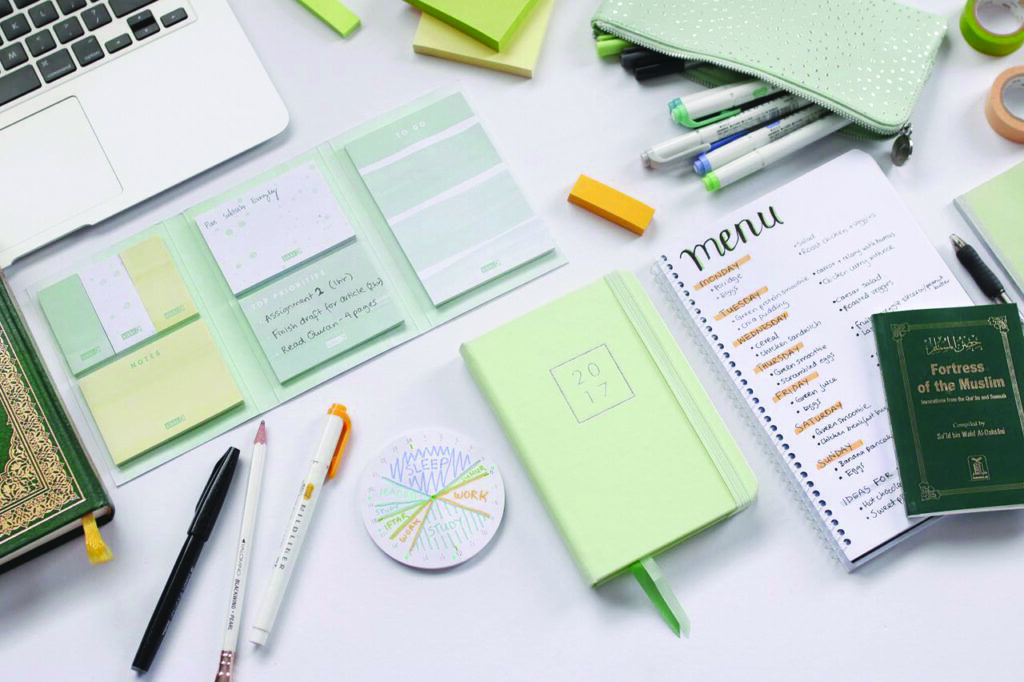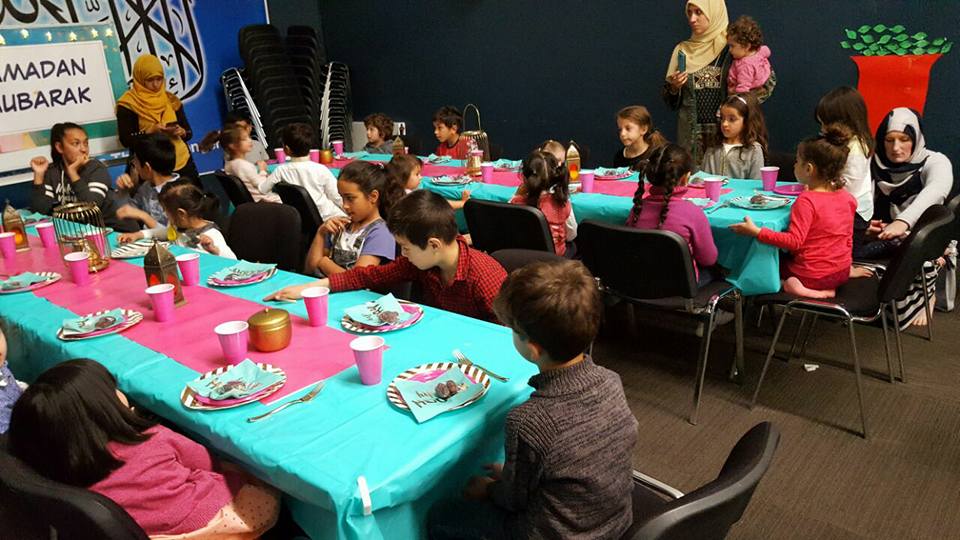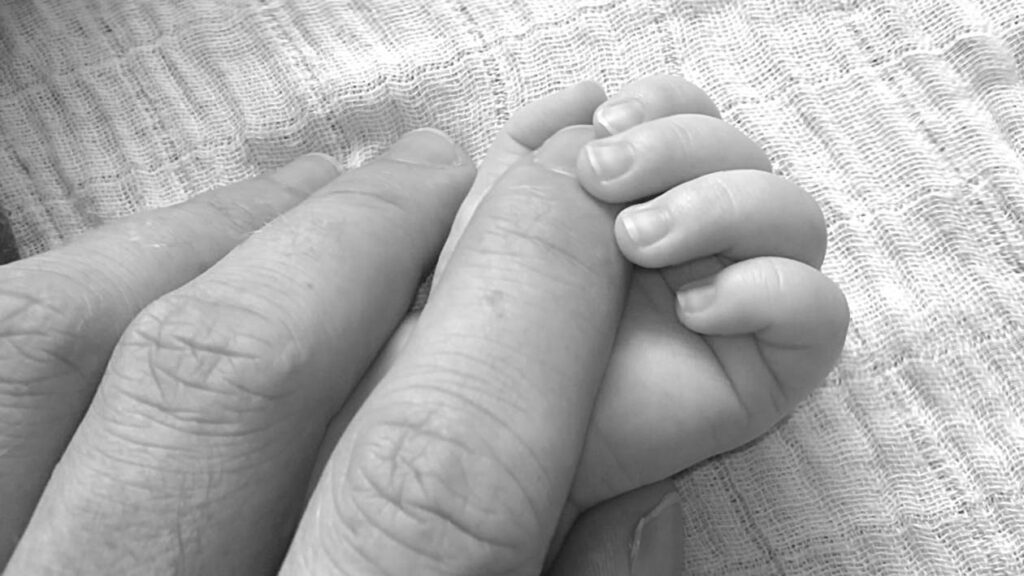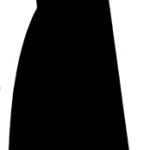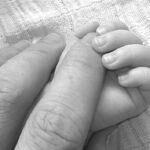Uncovering My Shadow Self
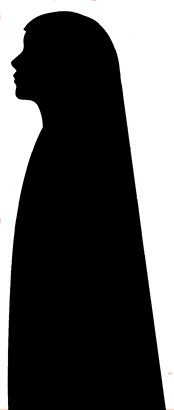
Nothing solidified my self-image, world view, and identity like my adolescence and formative years in high school. It is there where I struggled the most, where I chose to compromise, where I resisted, where I gained knowledge, and where I attempted to find my place in a highly-charged post 9/11 world.
Being one of a few identifiable Muslims in a non-Muslim majority public school, my hijab was viewed not only as a head covering (that kept my brain warm as my teacher would say) but also as a symbol of oppression and rejection of all things ‘Australian’. In response, I would explain that my hijab was in fact my choice and a symbol of modesty, to which they’d sarcastically state that it was strange for my God to only expect modesty from women.
Ramadan was another point of contention, another religious obligation that my 15 year old self prayed would not be asked to explain. What I didn’t realise then and perhaps still do not understand completely today, is that everything about me, my hijab, my observance of obligations or lack thereof was/is fair game. Everything was up for debate and if it didn’t meet their standards, it was unacceptable, strange and illogical. Ramadan as they viewed it, was an unnecessary, self-induced starvation to please a God that would not benefit from my hunger nor thirst.
So, in an effort to defend my religion and myself, I tried to make Ramadan acceptable to them; claiming Muslims fast to empathise with the poor. If only I could relate it to the 40 hour famine or Lent, I believed they would somehow understand and accept, maybe even praise Ramadan. A non-Muslim friend correctly pointed out that in both Lent and the 40 hour famine you only forgo certain foods and water is allowed.
I tried to convince her that I wasn’t hungry or thirsty anyway, even though my lips were parched and I would go to rinse my mouth every few minutes (praying internally that I’d accidentally swallow a few drops of water…we’ve all been there right).
Post high school, I thought I would be well equipped, confident and knowledgeable enough to take on the world. I found myself trapped in the same cycle of justification and pursuit of approval, reducing Ramadan and other aspects of Islam to worldly morals, when Islam was divinely ordained. A work colleague asked me what the benefit of Ramadan was, so I went through my usual list smoothly as she and the rest of the office nodded approvingly. Seeing their interest, I also mentioned a scientific study that fasting might be beneficial to certain cancer patients. The room went dead silent, and my colleague laughed angrily as I tried to explain myself further. She said “don’t be ridiculous, if you want to follow your religion then fine, do not however make up your own facts, fasting doesn’t cure cancer”. She wasn’t having any of it and I gave up explaining.
I decided to take my colleague’s advice and just follow my religion. There I was trying to convince people that fasting was good for their minds, their bodies and for the poor in society, when they didn’t even believe in the one who ordained fasting to begin with. Yes, there are reasons and wisdoms for the hijab, Ramadan, inheritance, marriage etc., but in searching for those reasons I forgot Allah SWT. Allah SWT is the reason. “… We hear and we obey. [We seek] Your forgiveness, our Lord, and to You is the [final] destination” [2:285].
Reflecting on my experiences I always wonder how much of my identity and Islamic traditions have I explained away and justified to the point of obscurity? How many times have I hidden parts of me that I perceived to be ugly, unacceptable, confrontational and strange? In hiding my ‘unacceptable traits’ I lost some of my purpose and fragments of my Islamic identity. If I have learnt anything, it is to never look to the outside to define and accept myself and my religion. There are certain parts of Islam and me that people will never accept “And never will the Jews or the Christians approve of you until you follow their way” [2:120].
My Islamic identity isn’t my shadow, it doesn’t appear in the morning to disappear at night at their convenience, it is present, it is loud, proud and very visible. I obey Allah SWT because I believe in Him, that is enough of a reason. If ever I feel doubt, fear or an urge to hide my ‘Shadow Self’ I remind myself of Allah’s SWT advice to me and you: “And who is better in speech than one who invites to Allah and does righteousness and says, ‘indeed, I am of the Muslims’”[41:33].
Anonymous.
Originally printed in Podium Magazine Edition 1, published in 2017.
